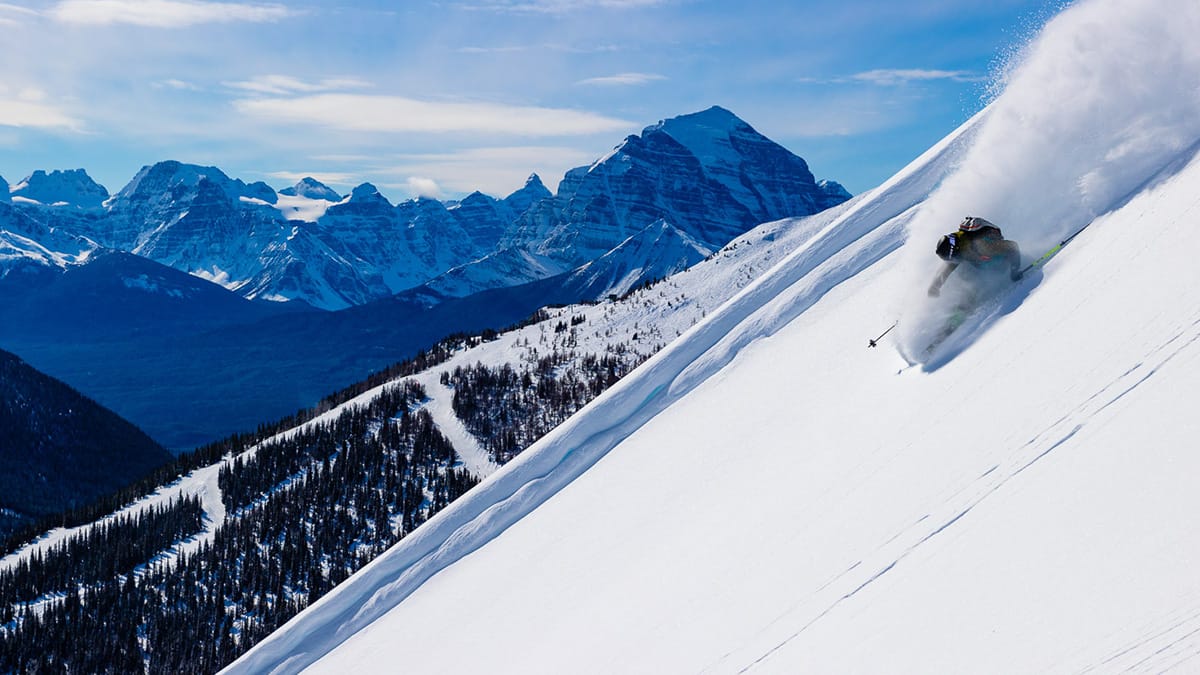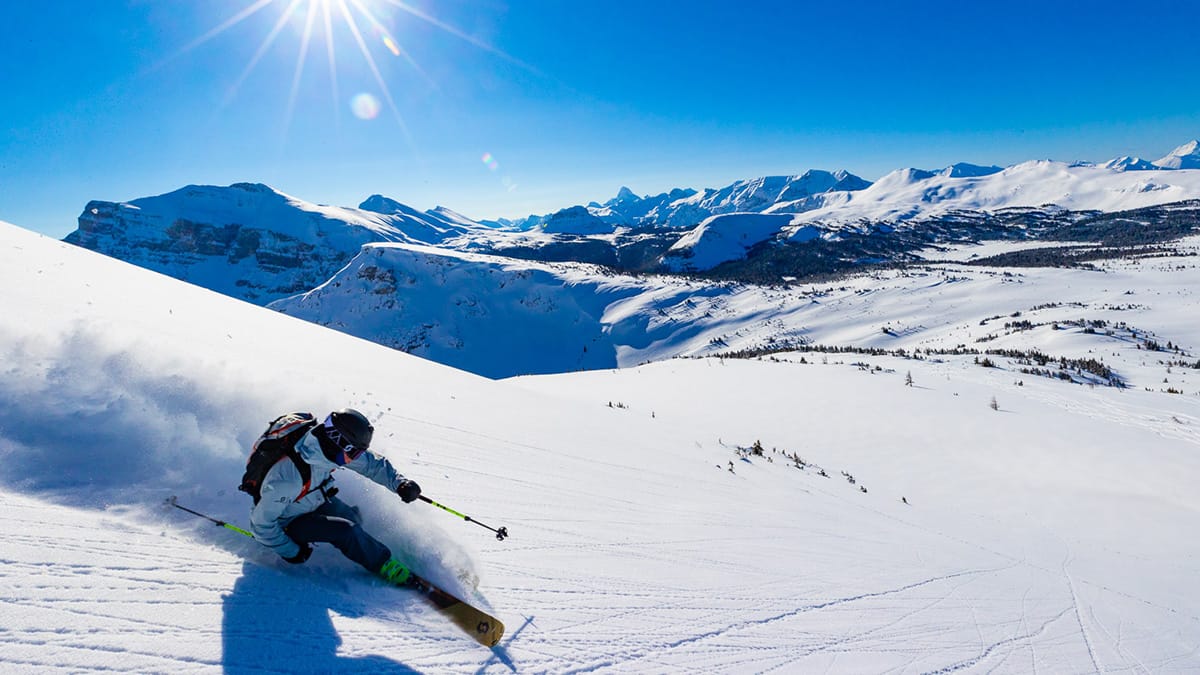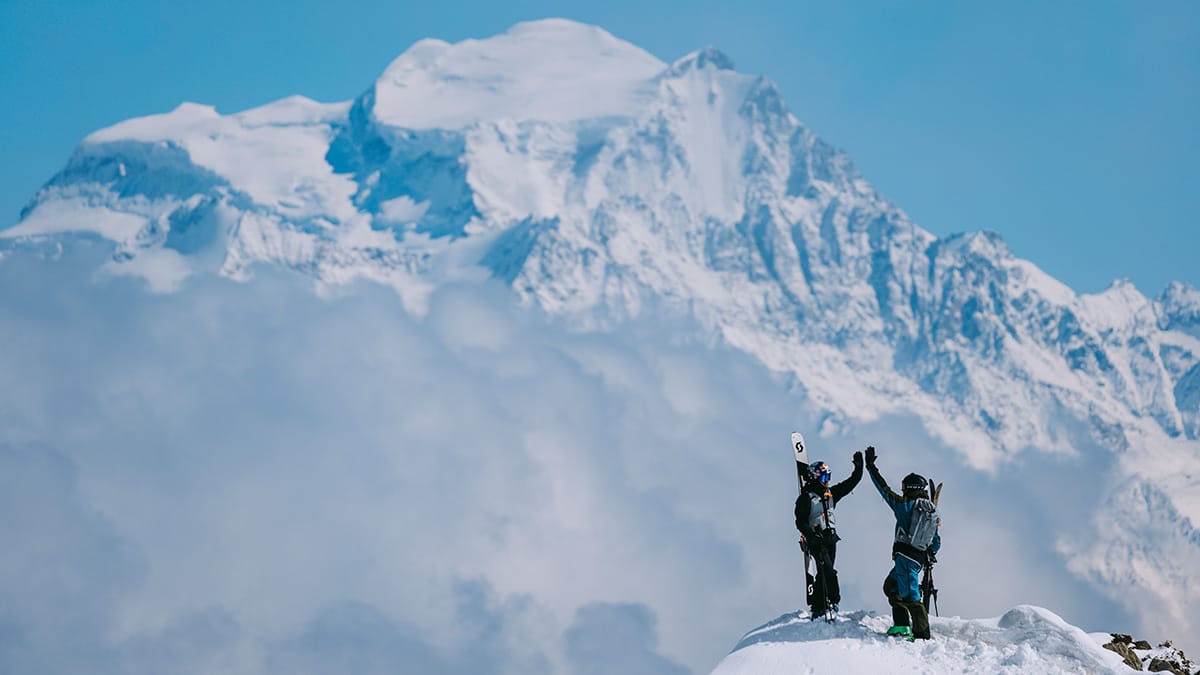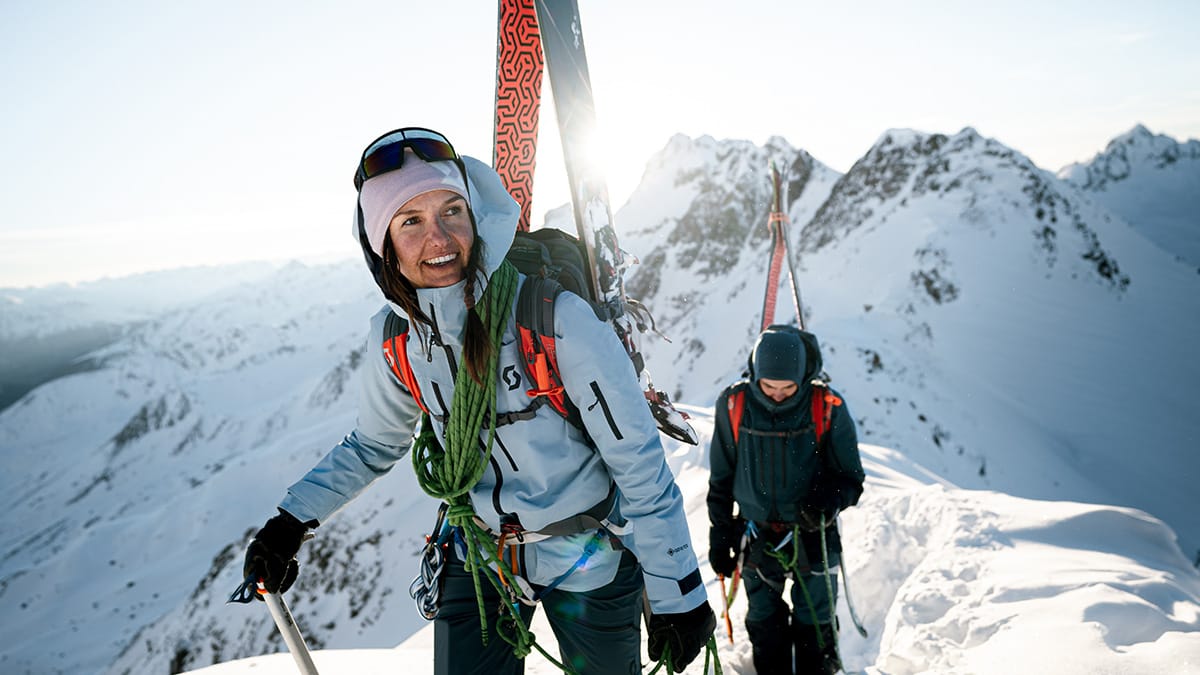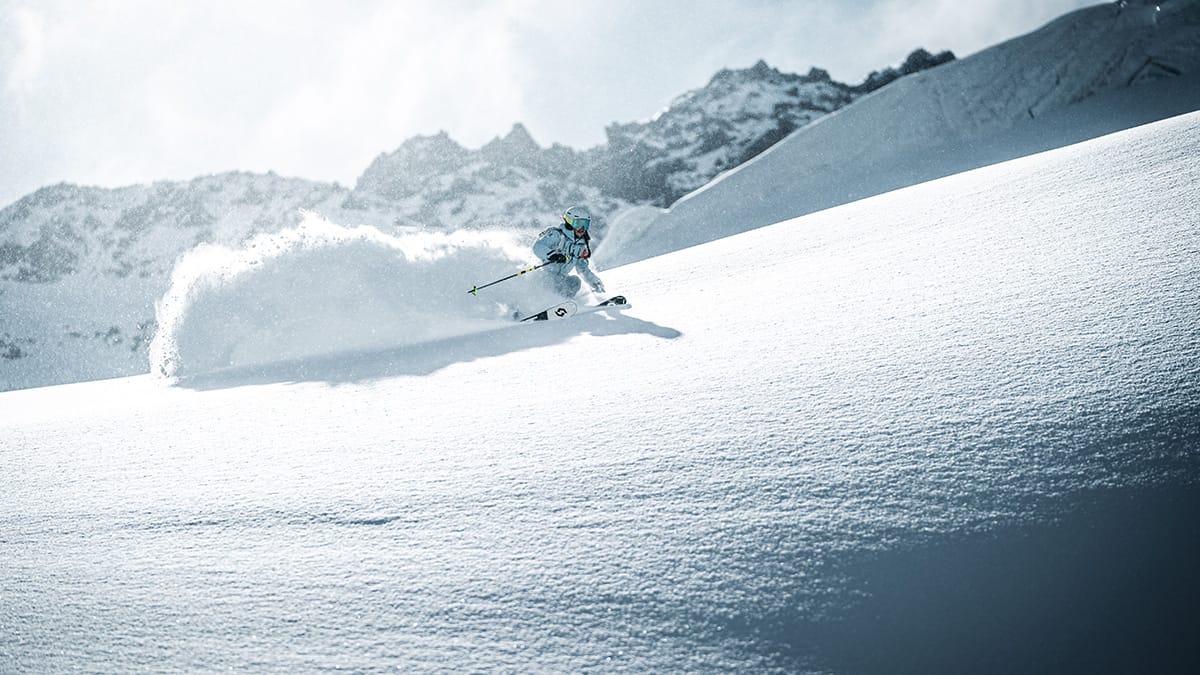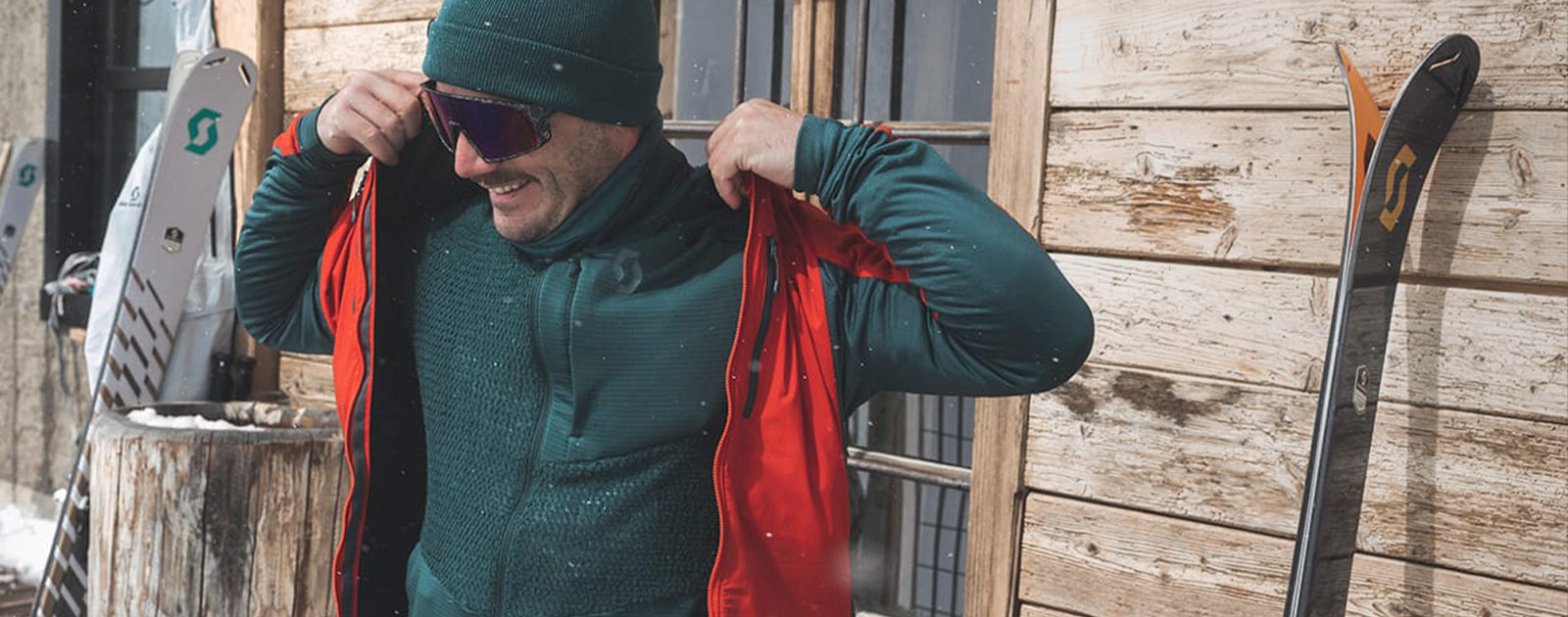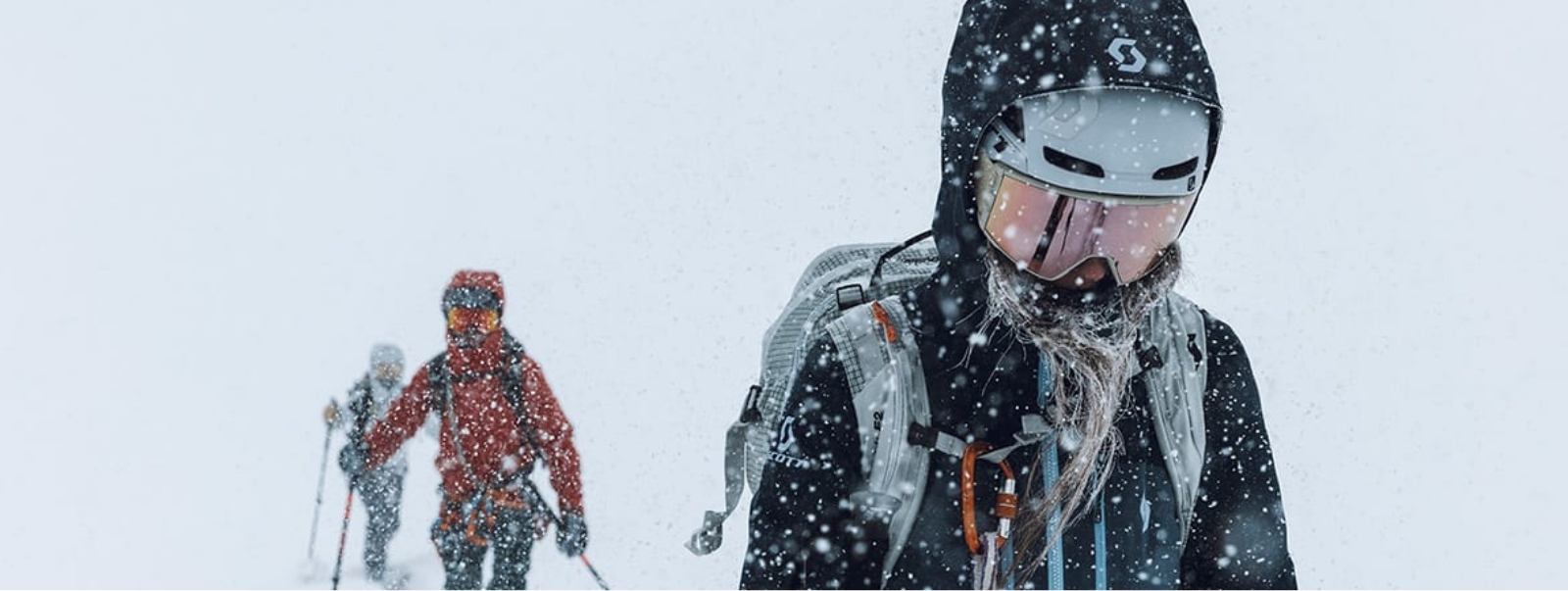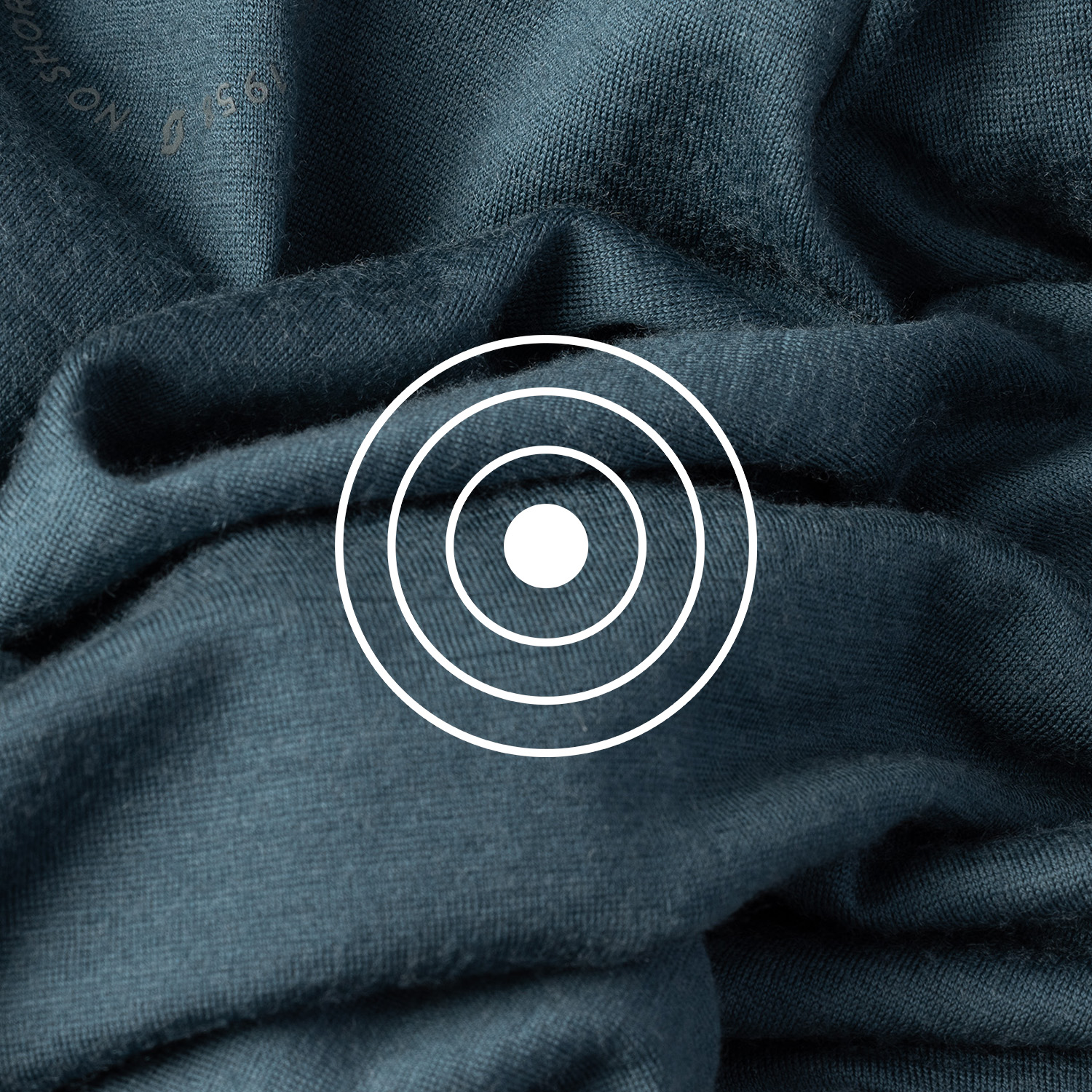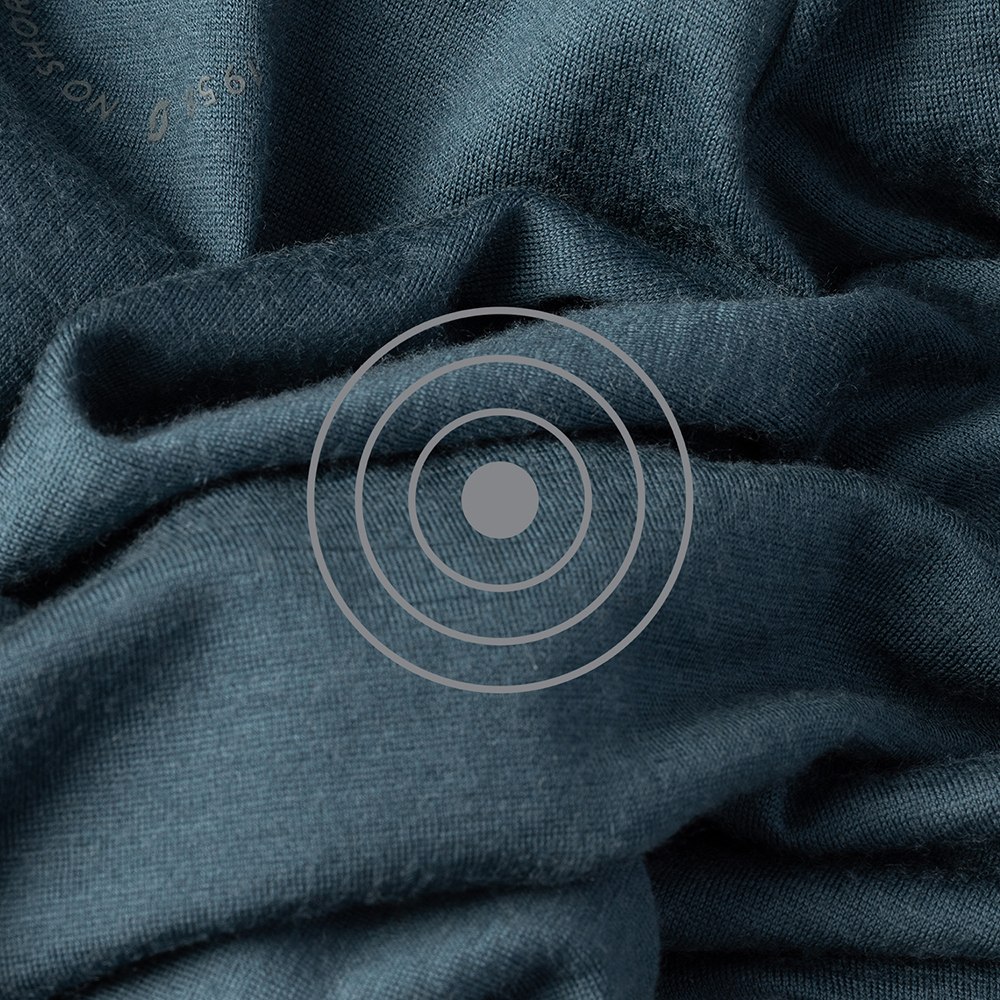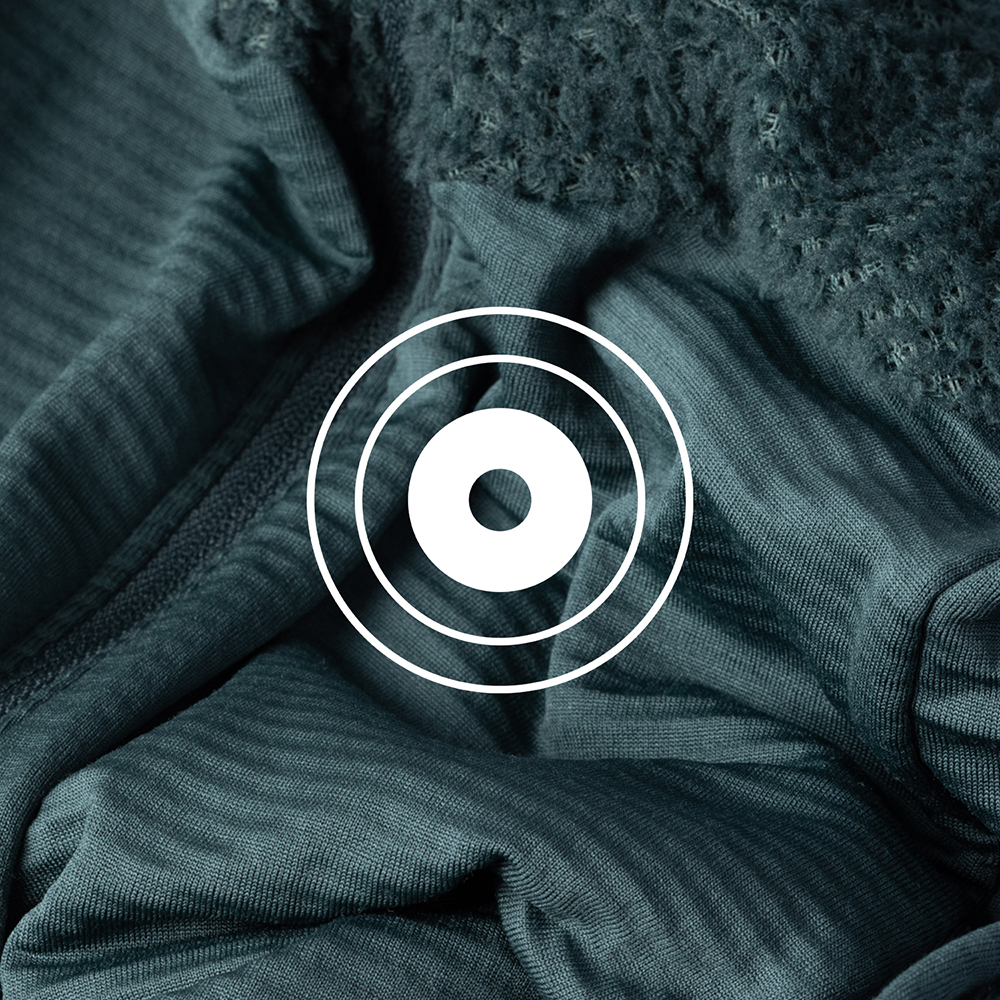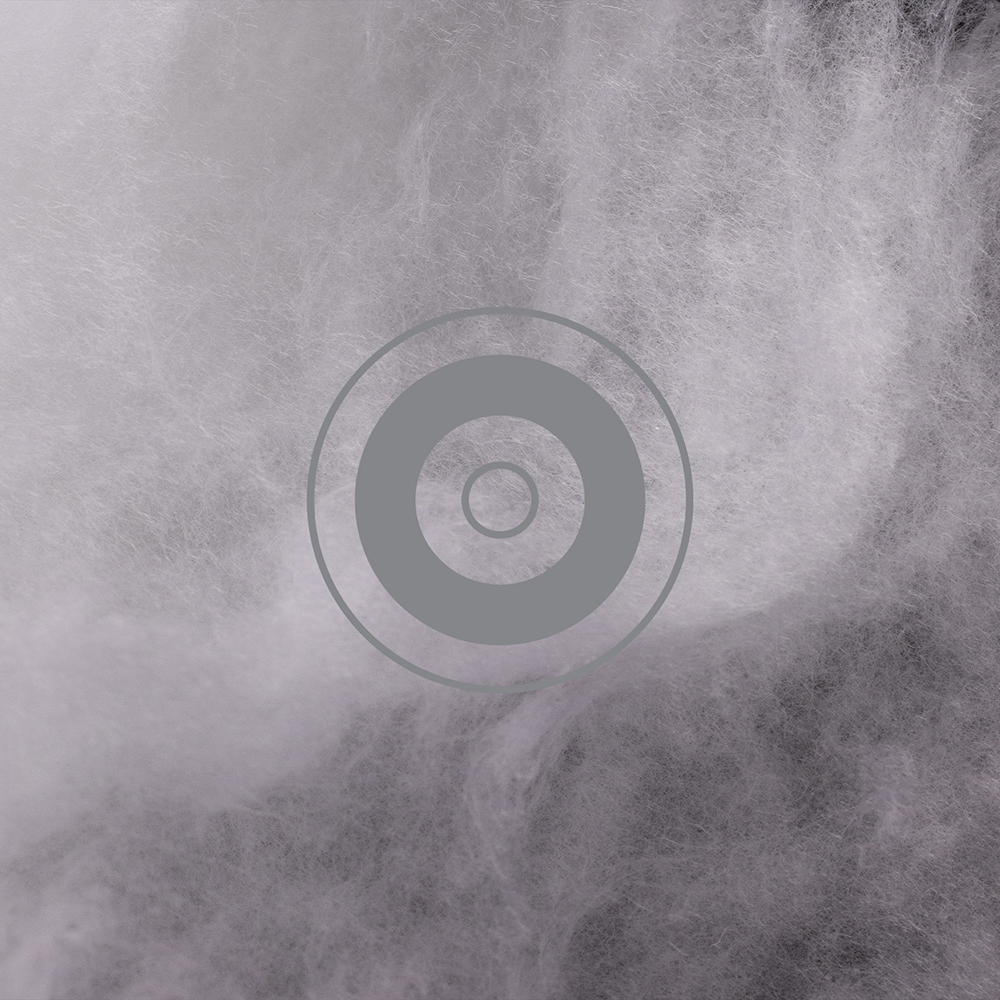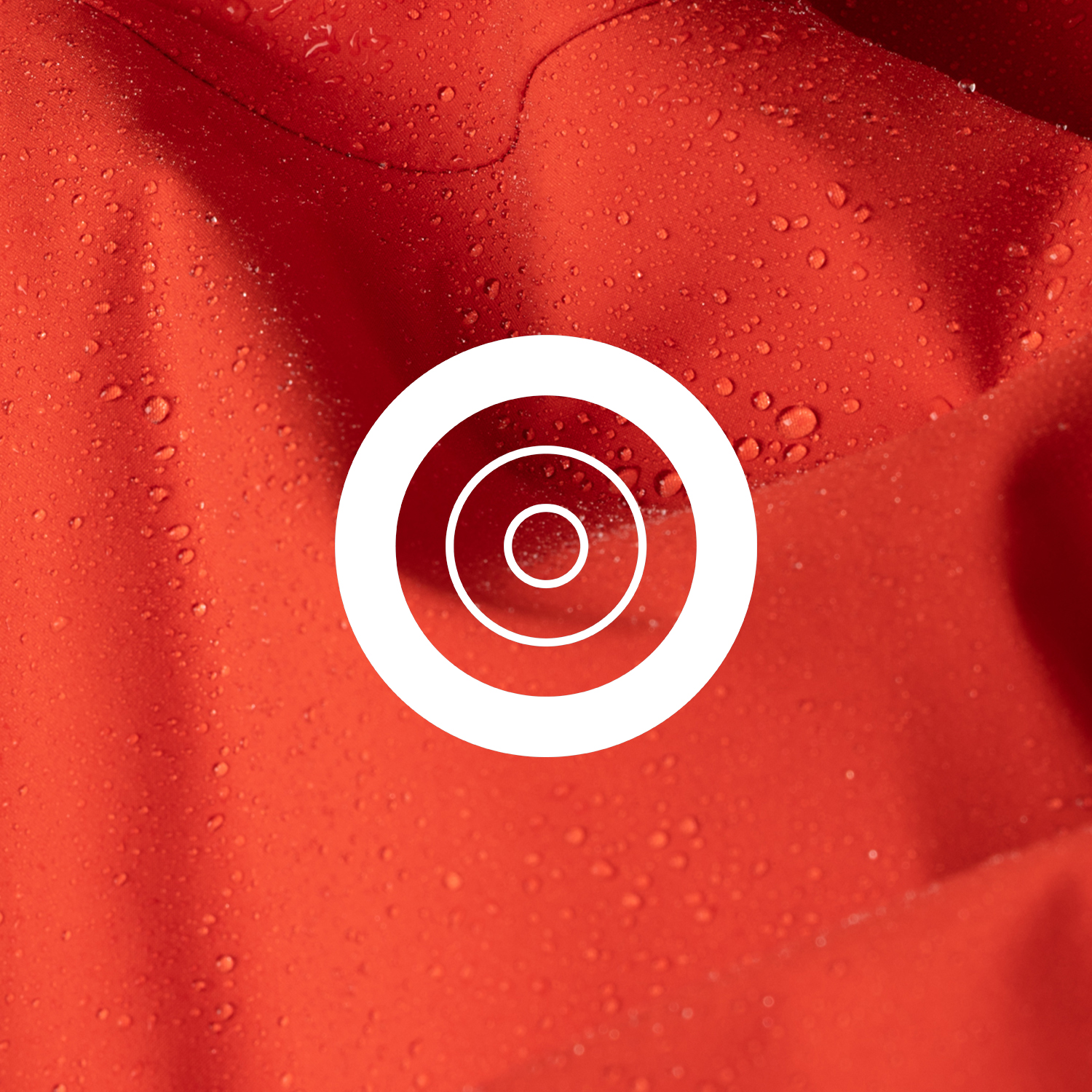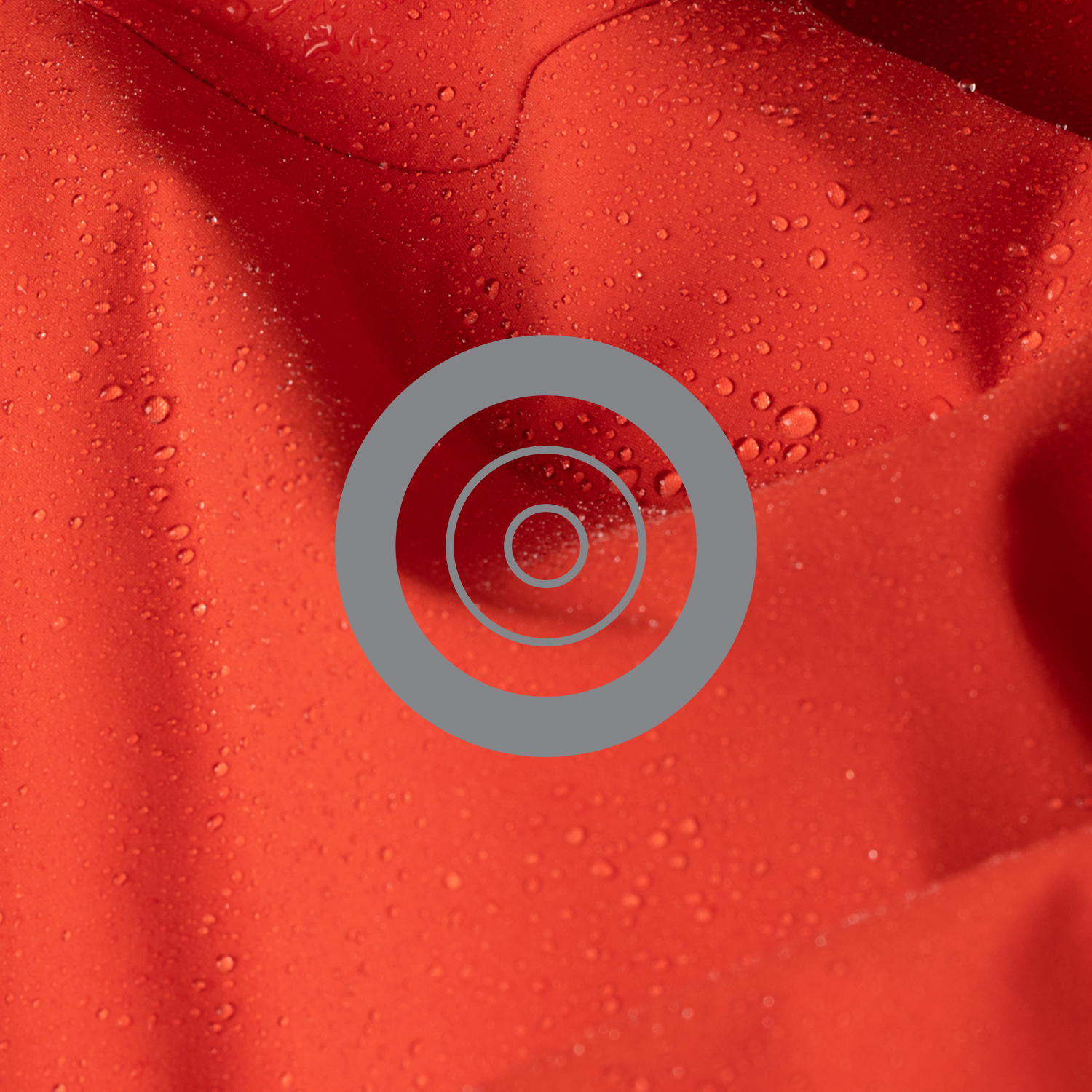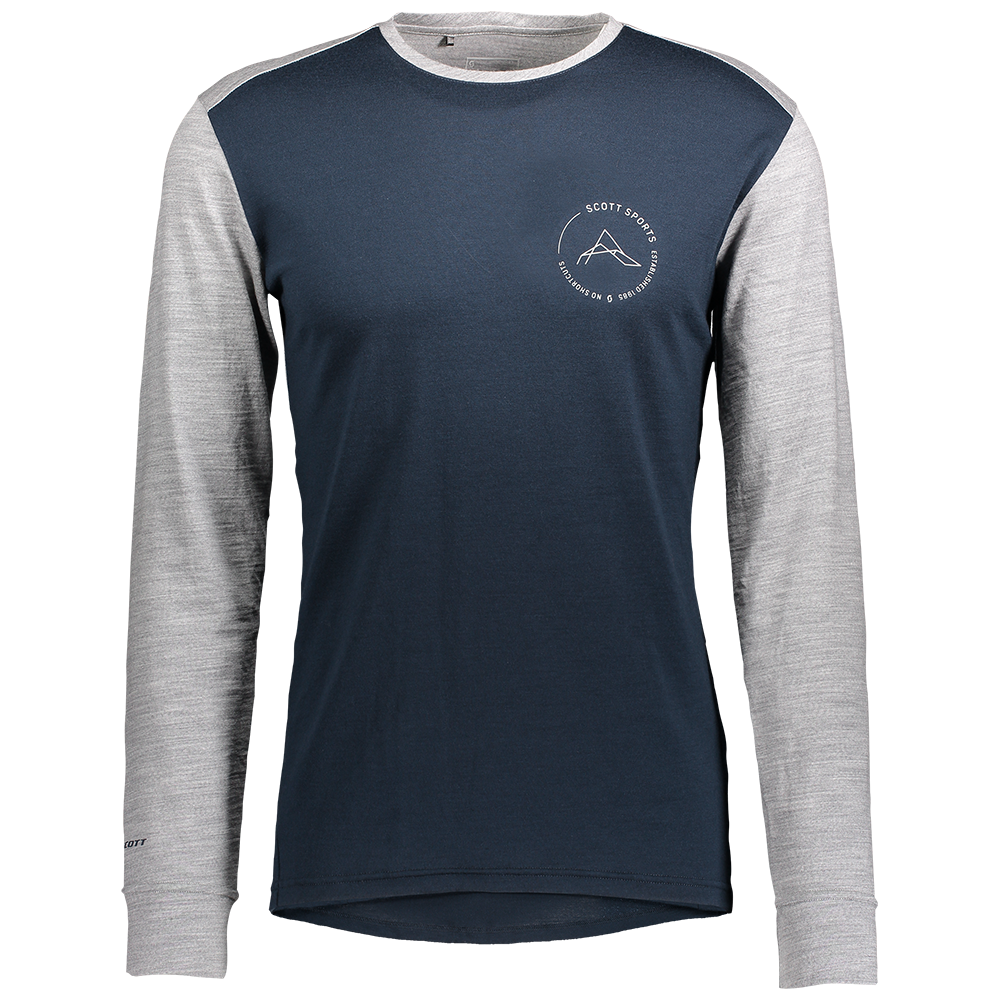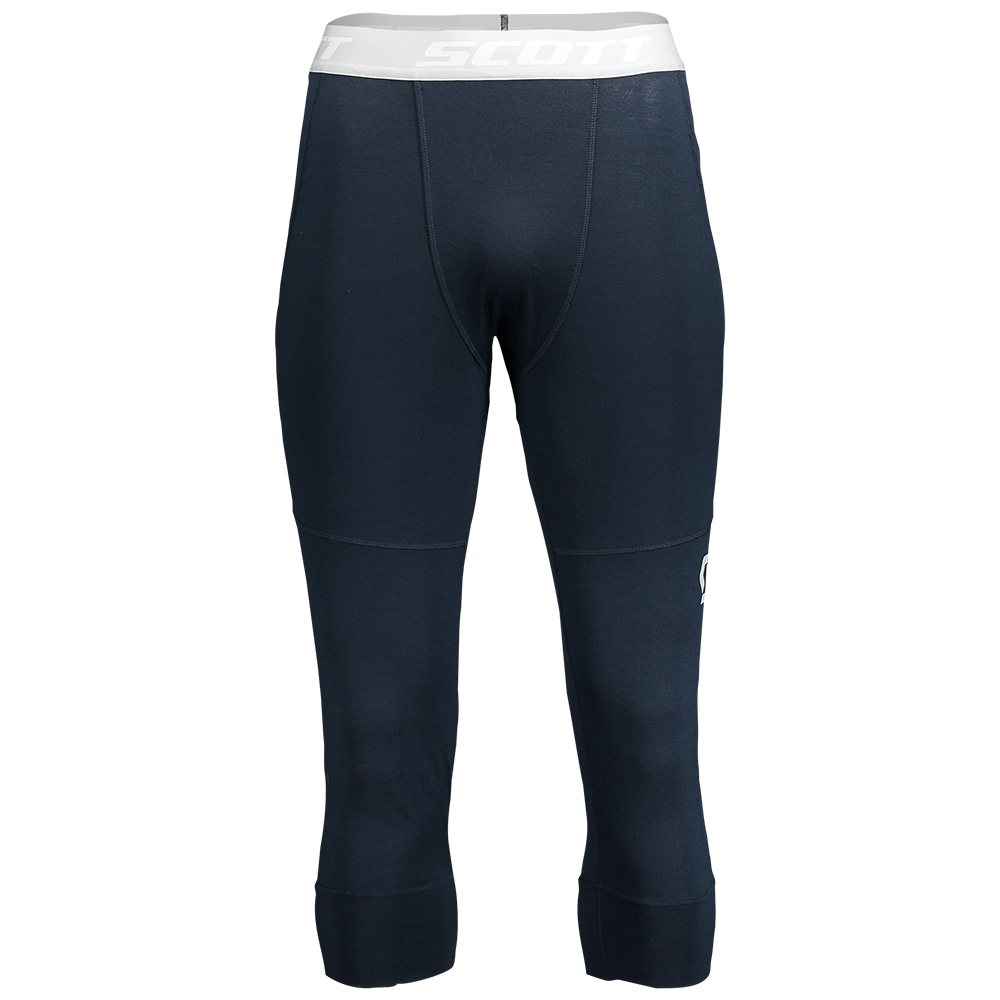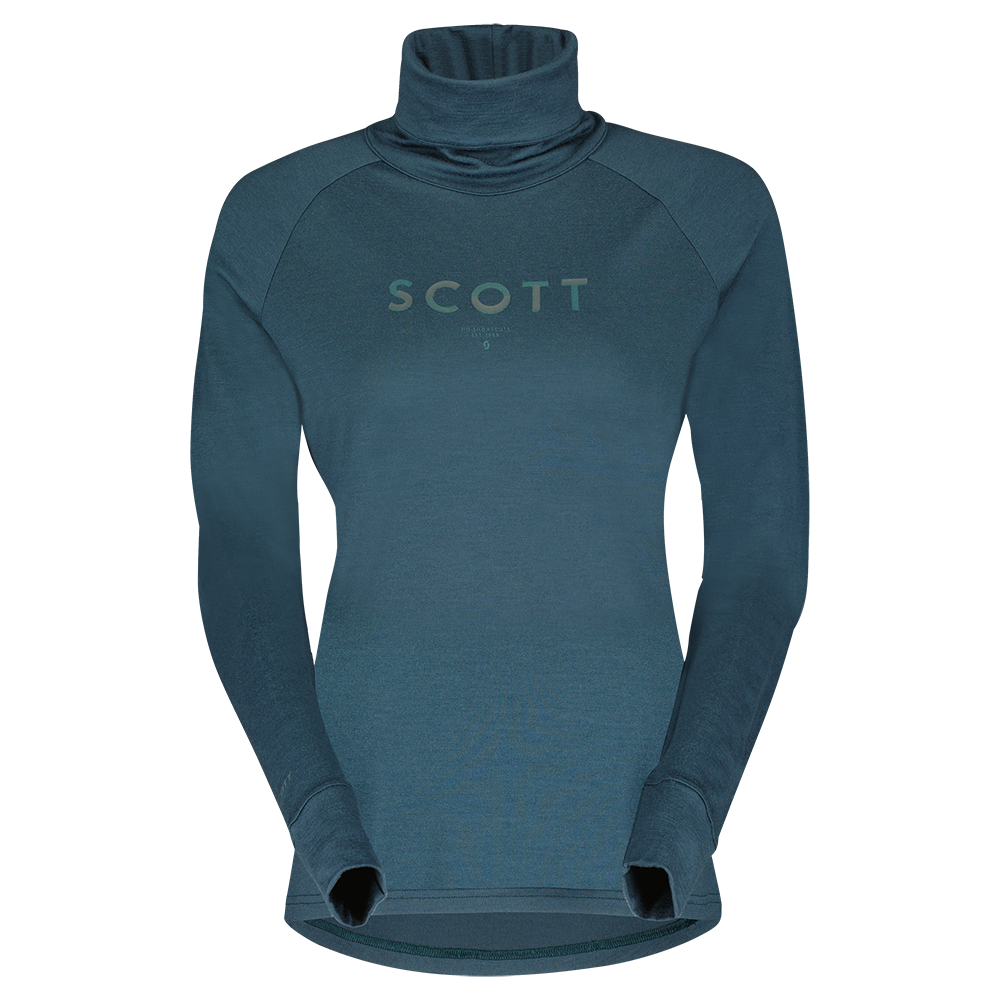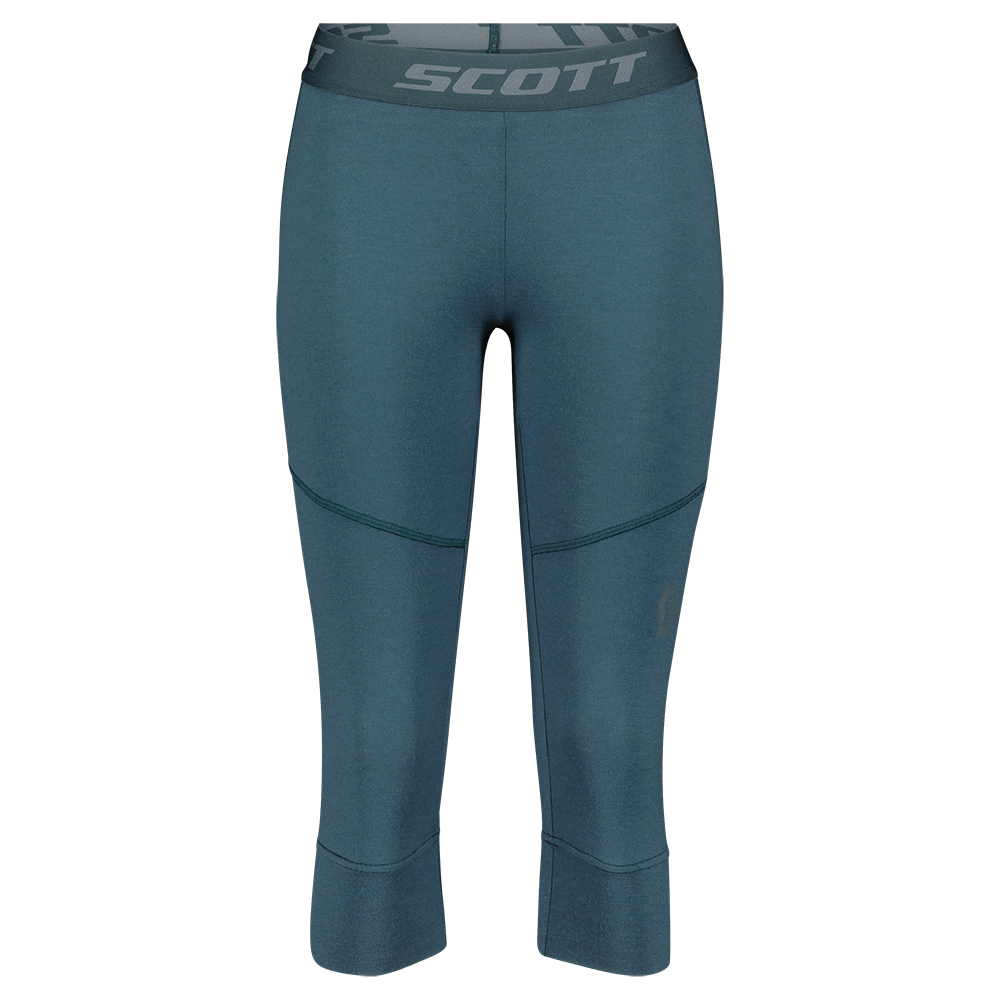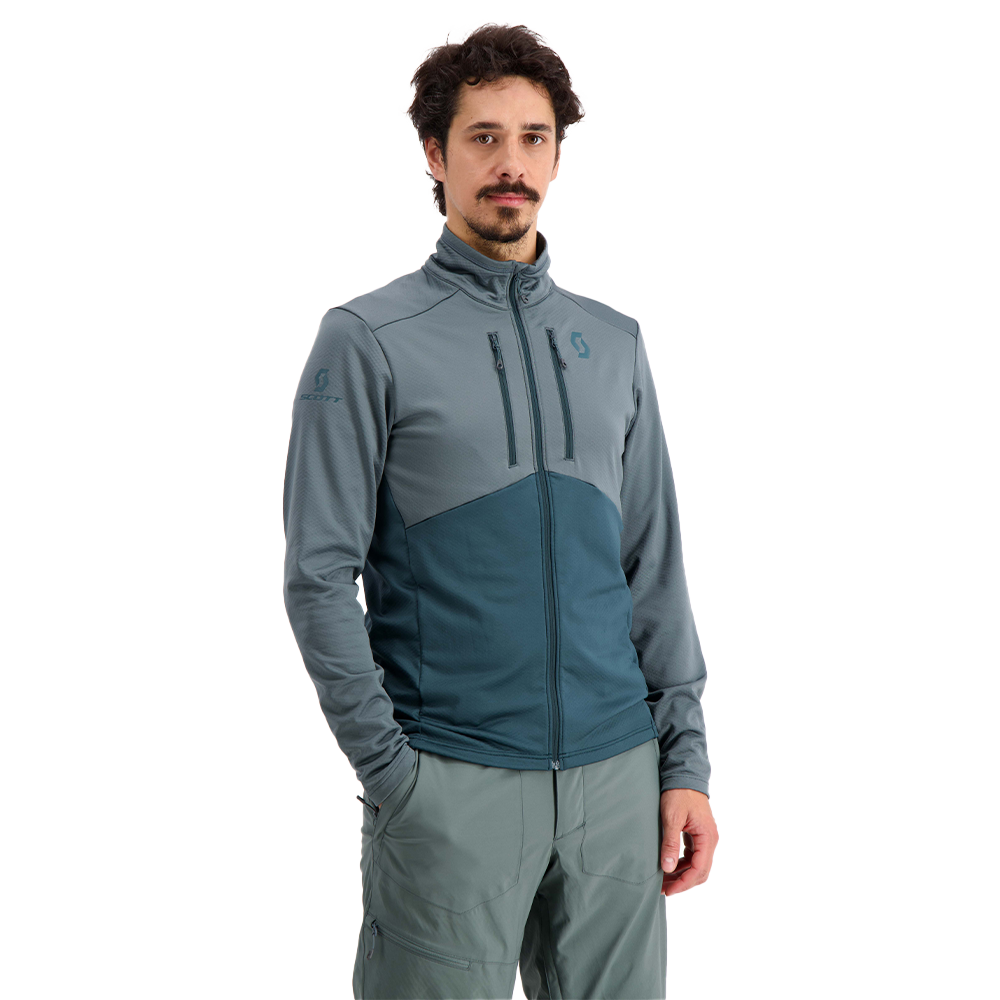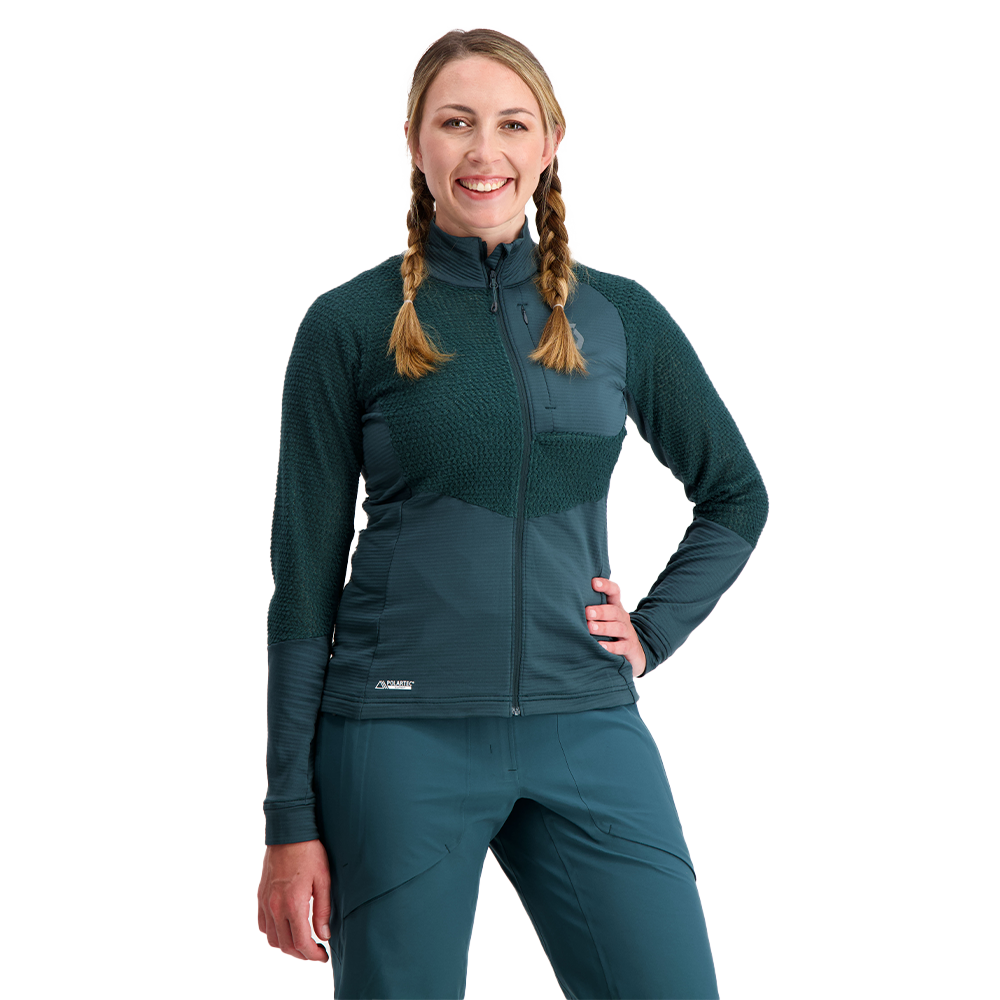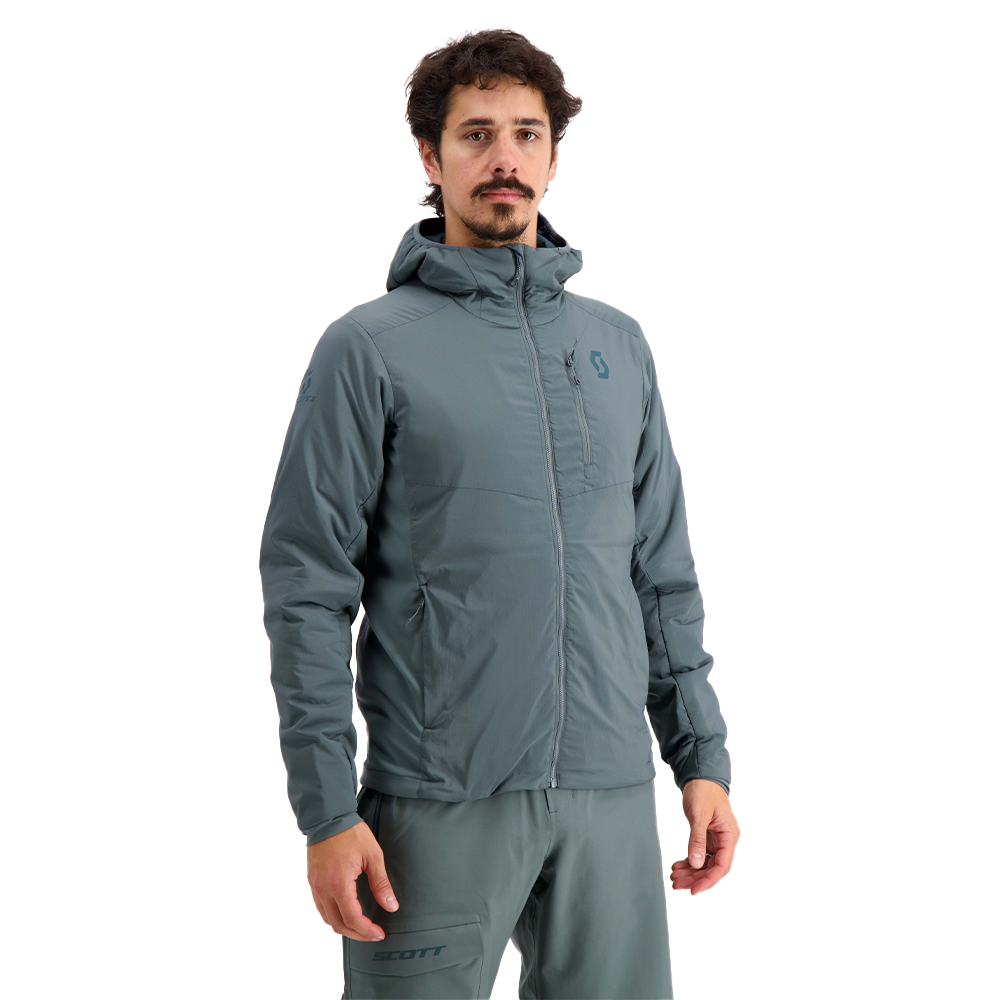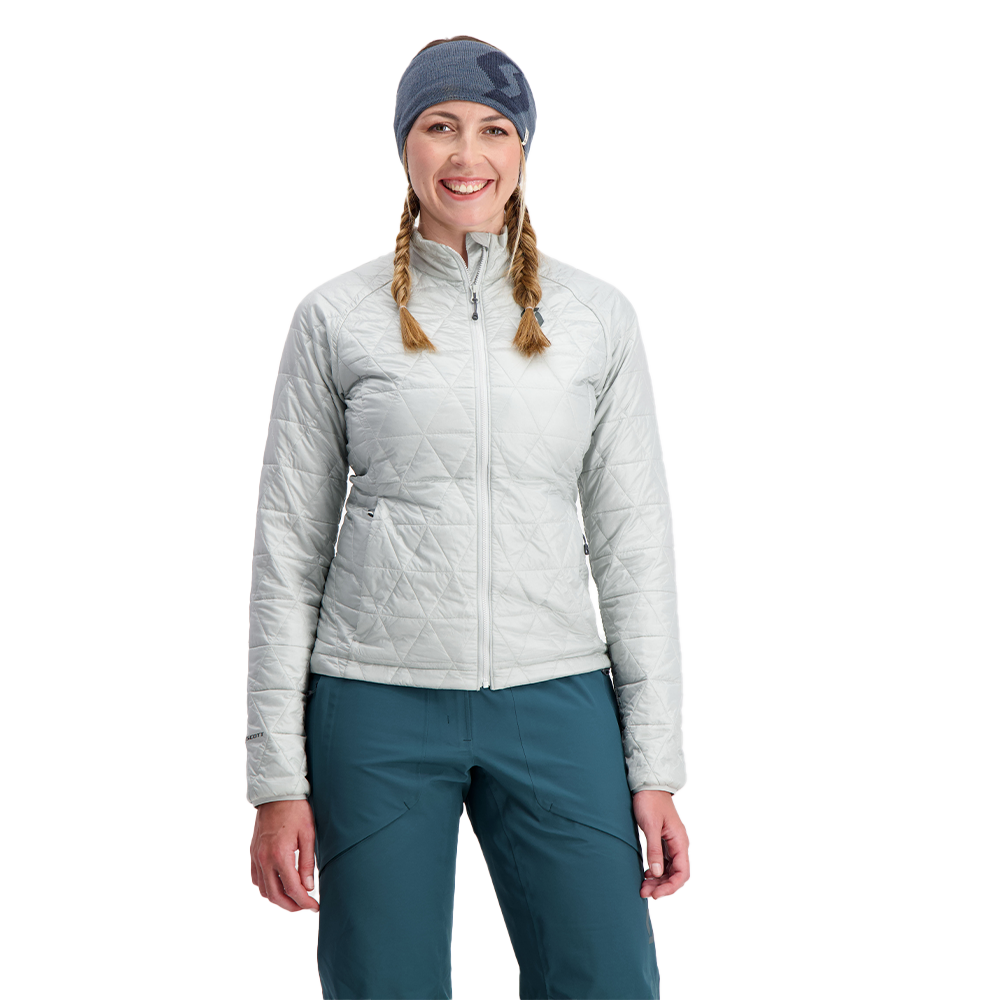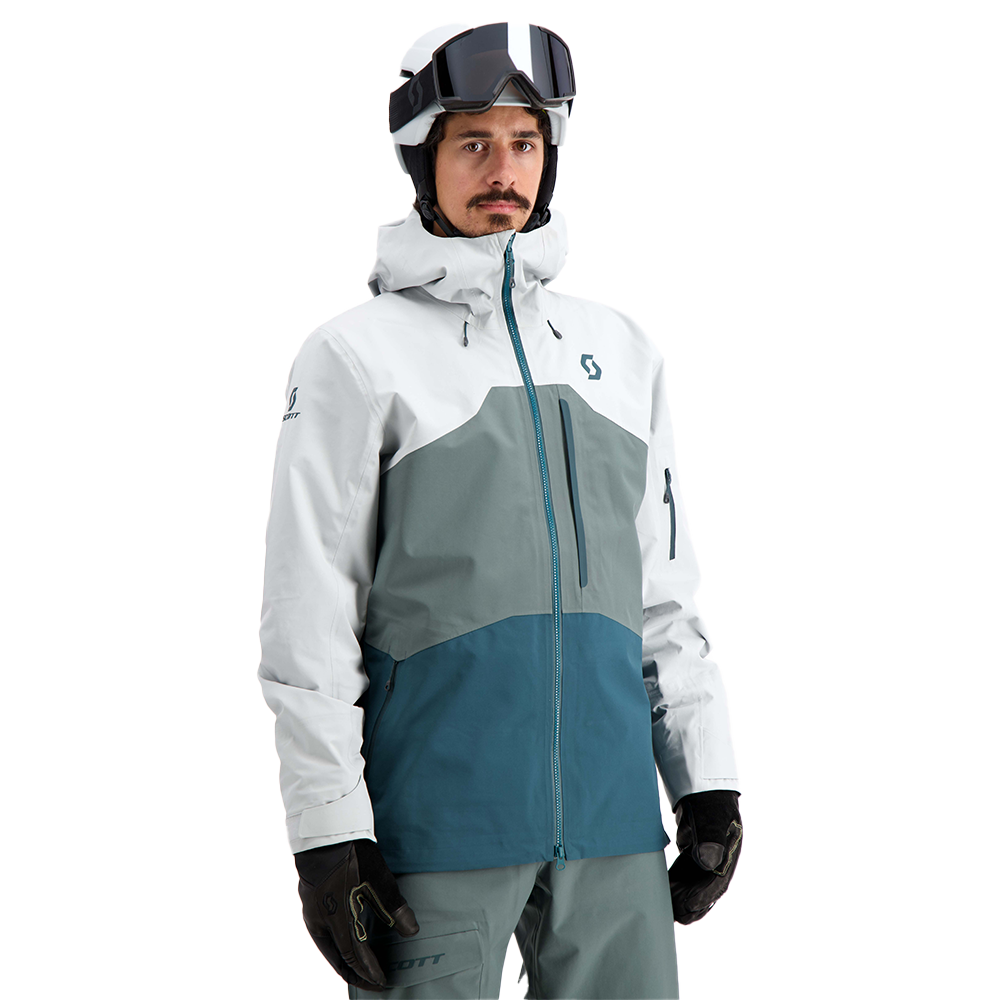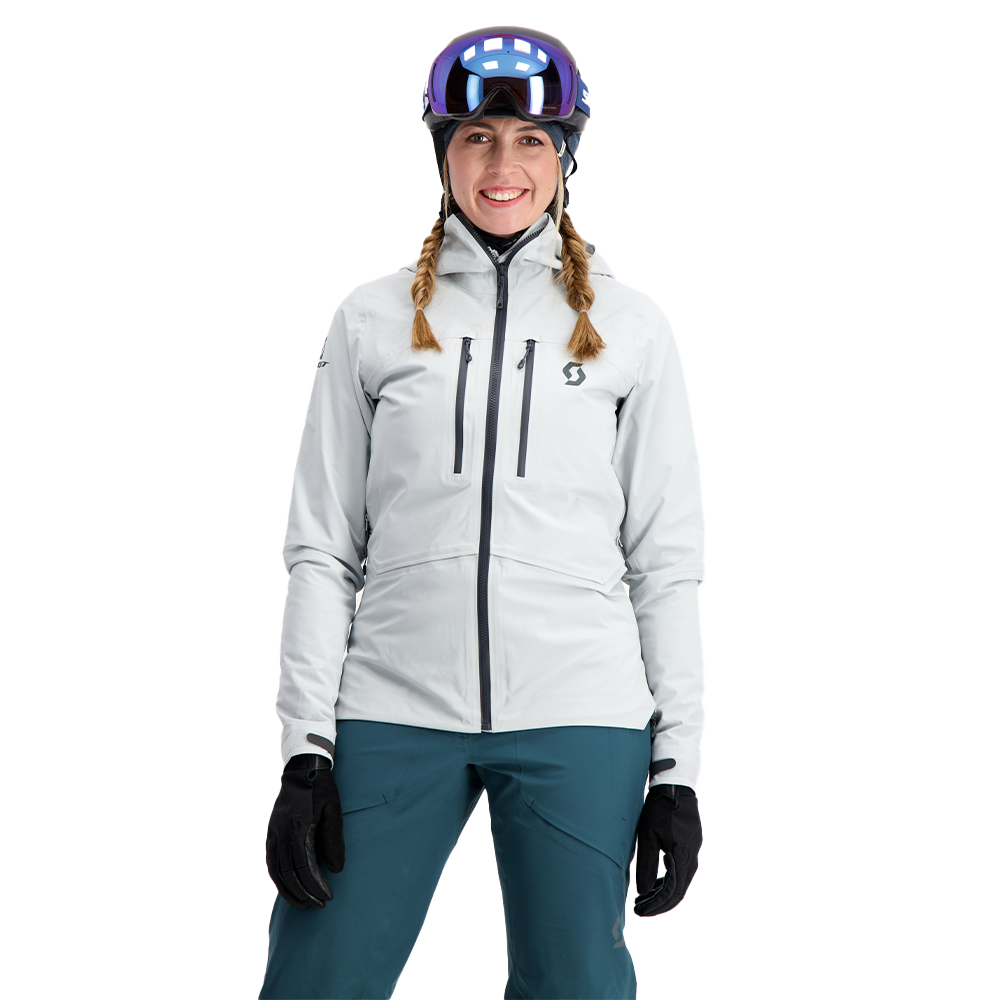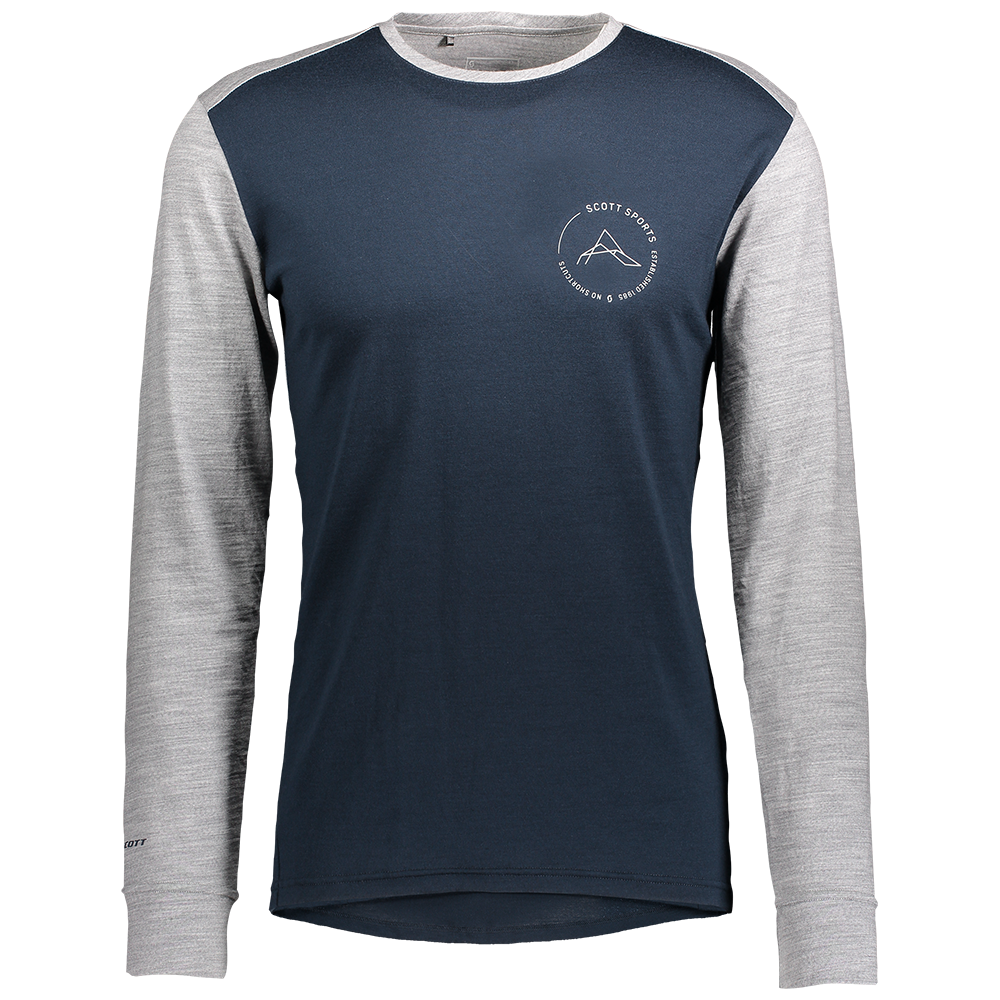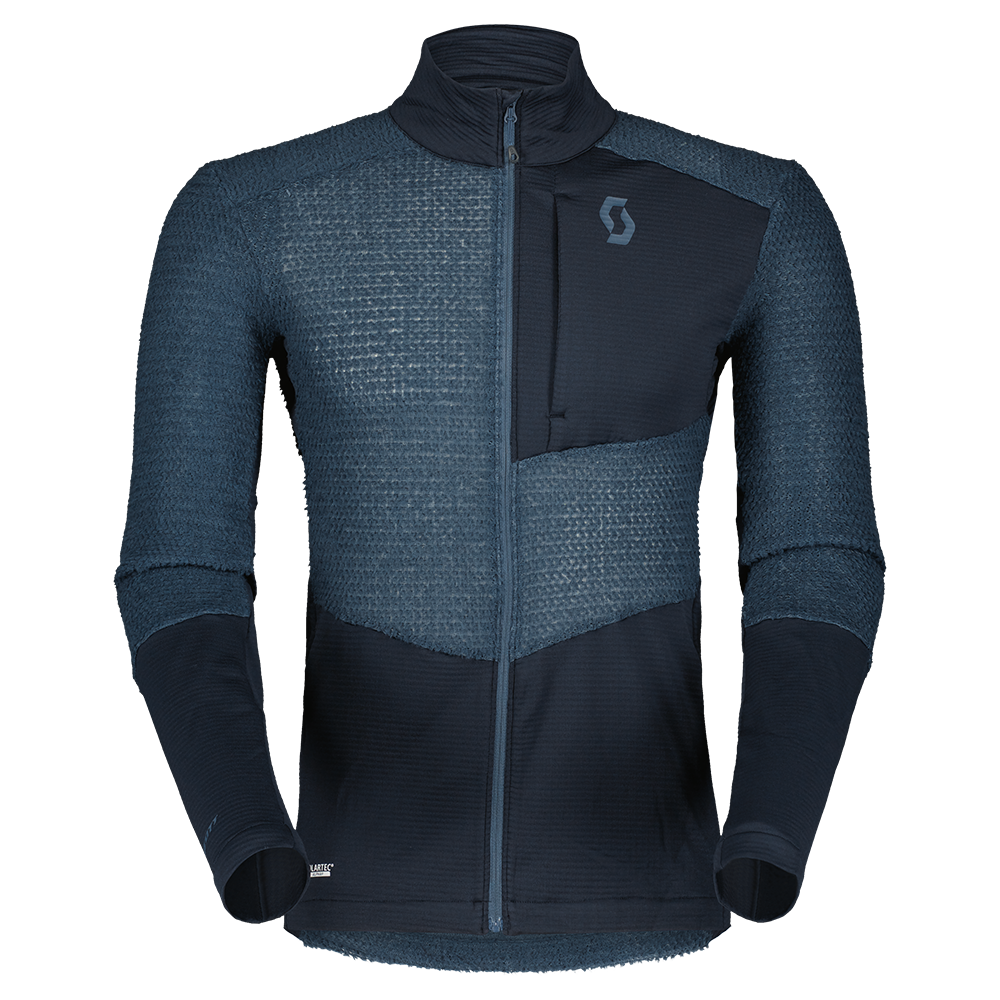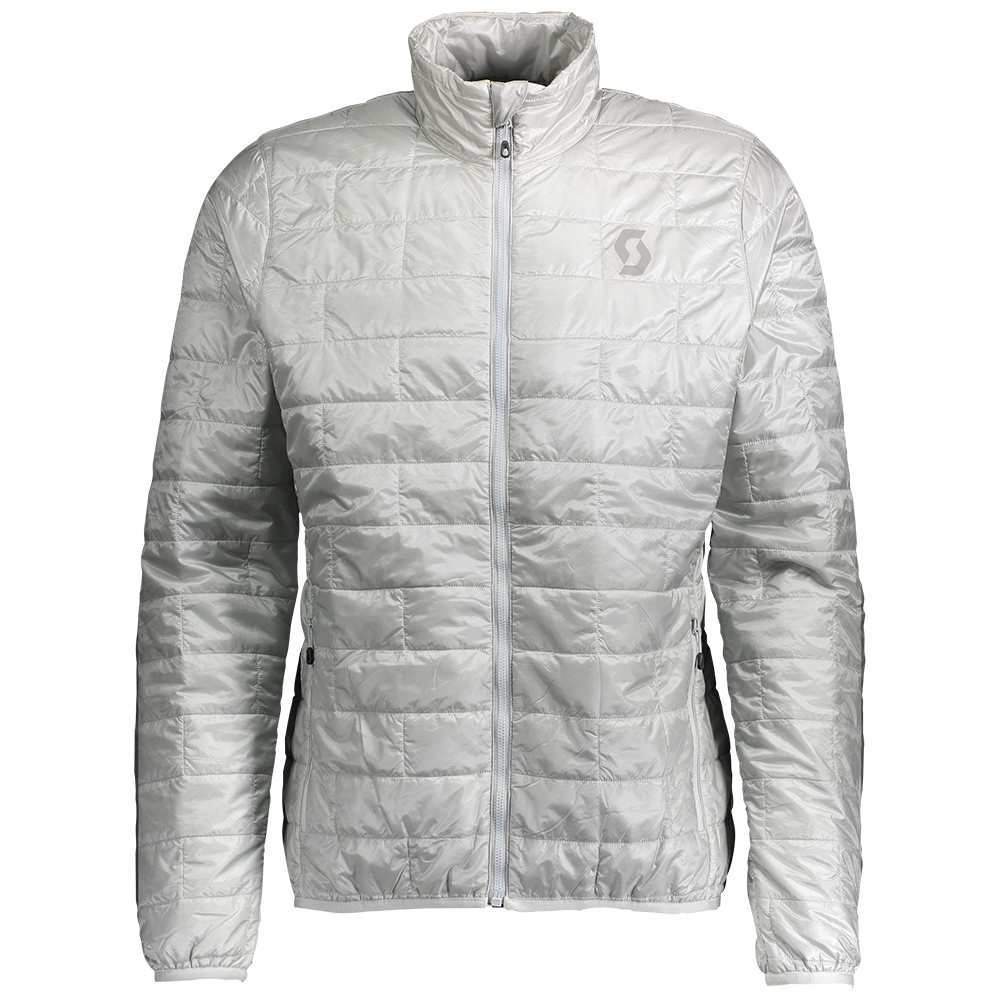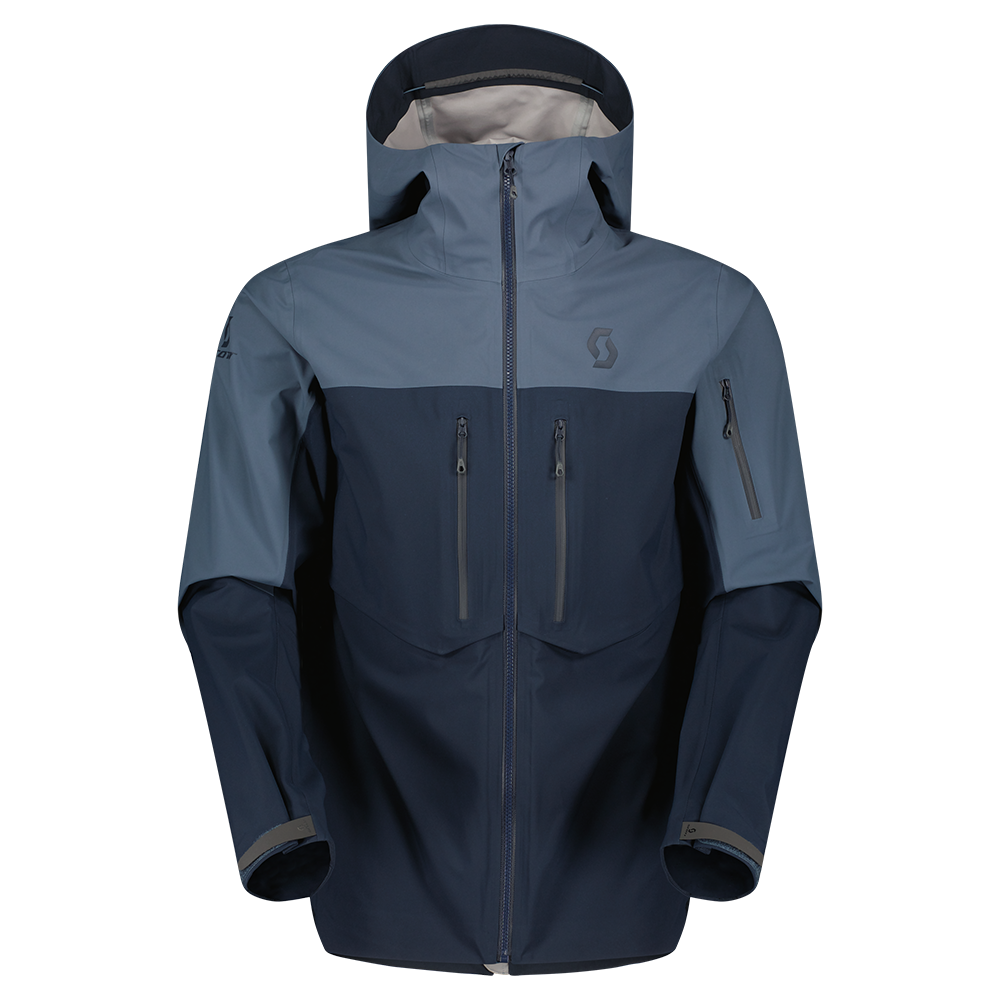THE Art of layering
Whether you’re a resort skier, mountaineer, or big-mountain freerider, strategic layering is key to ensuring all-day comfort and enjoyment. Layers are your best allies for staying dry and warm, and for using your energy efficiently.
MEET YOUR PERFECT LAYERS
A layered look at SCOTT Sports is made up of four layers:
the base layer,
the midlayer,
the insulator
and the shell
each with their own performance function.
If you stick to the four different layers described below, you can quickly adapt to your activity
level and changing weather conditions.
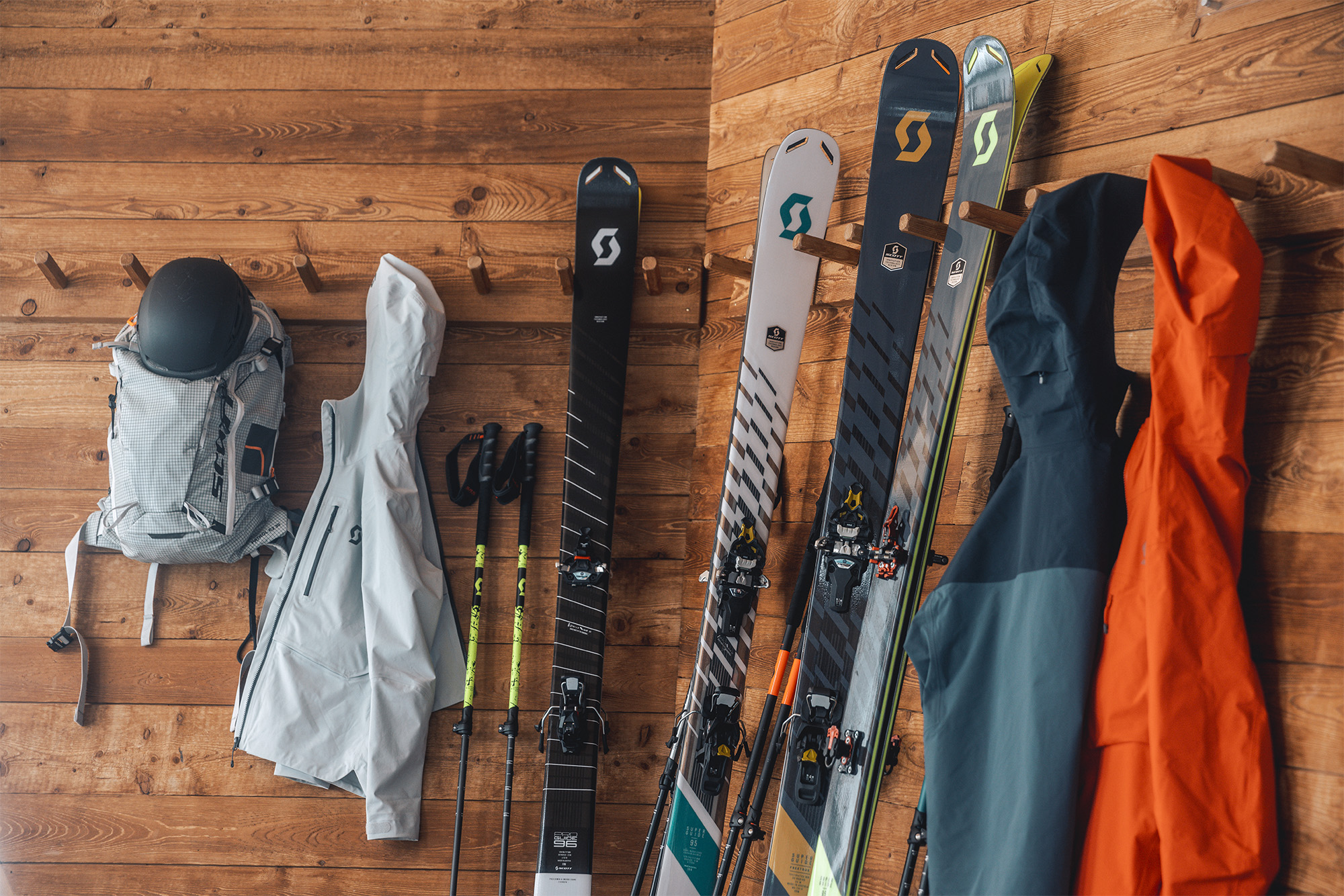
Layering concept
FREERIDE
Waterproof and robust
For freeriding, you need an outfit that protects you against the cold weather and the environment, so that you always stay dry and comfortable in powder snow.
Regular fit
- Traditional cut with straight lines for a stylish look and a classic fit
- Ultimate freedom of movement
TOURING
Breathable and superlight
On the ascent, you need a highly breathable outfit that wicks sweat away from the body to keep it performing. When you are poised for the descent at the summit, put the insulator on to keep your body warm.
Athletic fit
- Slightly tailored cut, fits closer to the body without being tight
- Ideal for active pursuits
BASELAYER
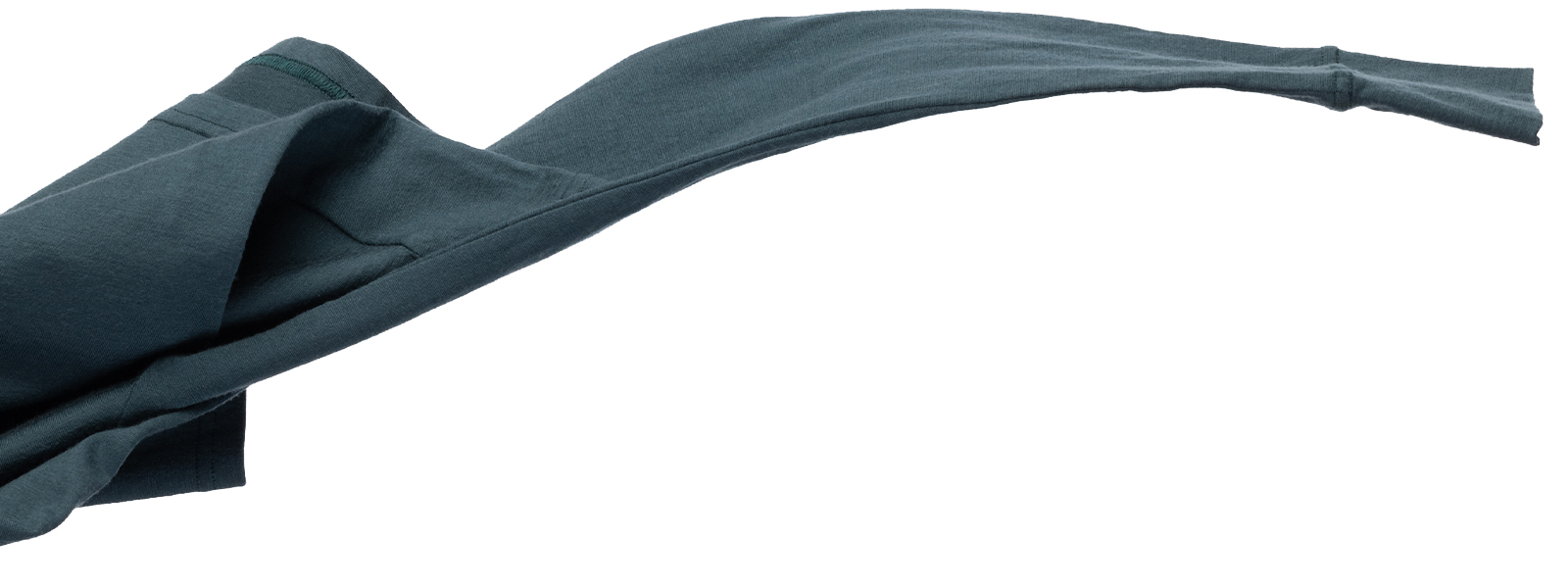
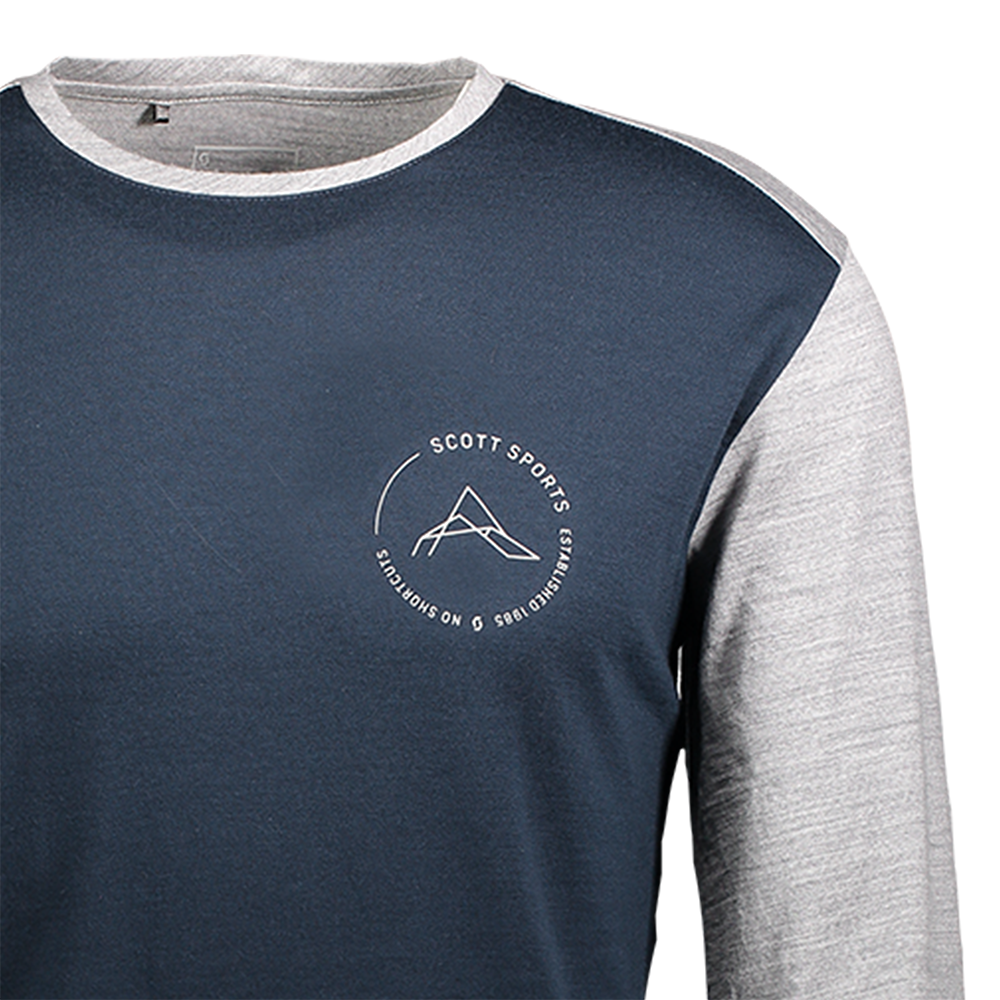
Base layers sit directly against the skin. The main function of a base layer is to wick away
sweat and release the moisture away from the body. This prevents your body from losing heat too
quickly.
Our Defined Merino shirts and pants are a good example of a base layer. As a fabric, Merino’s
properties include excellent moisture management, enhanced odor management and a soft feel.
MAIN FEATURES
- Lightweight
- Highly breathable
- Fast drying
TECHNOLOGIES
MIDLAYER
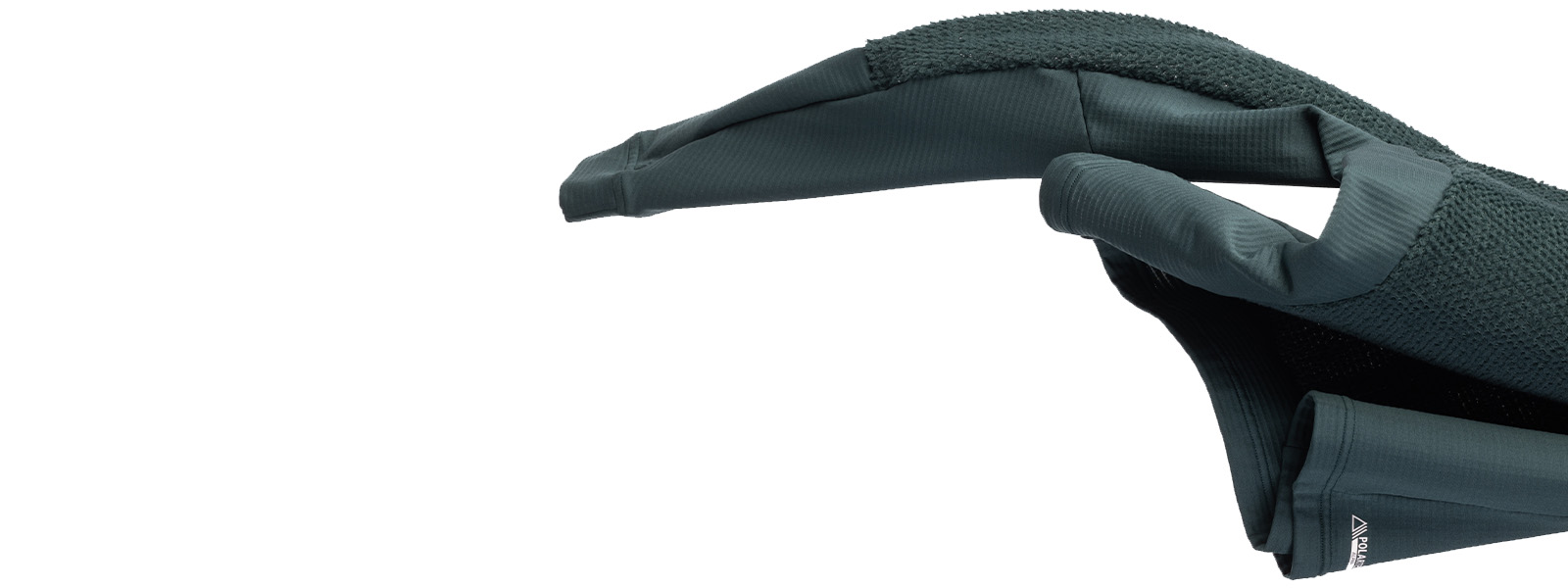
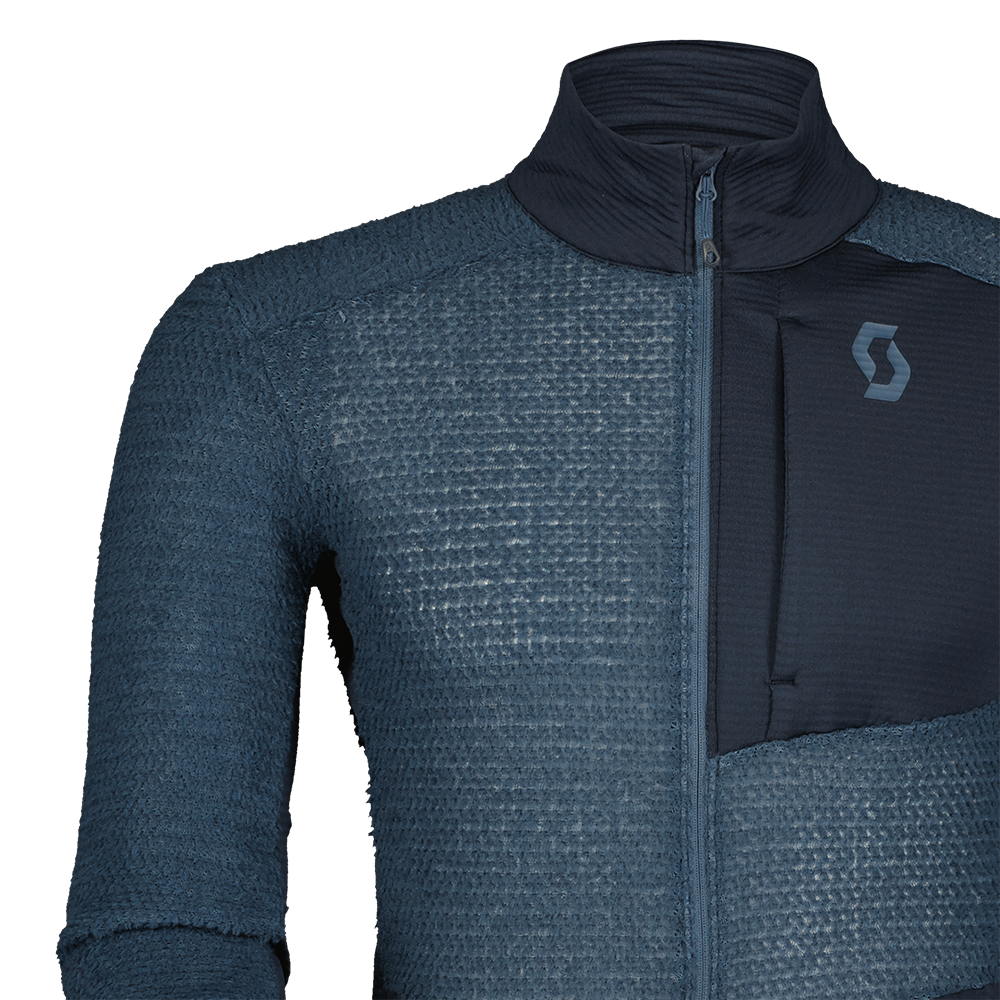
Mid layers are worn to insulate against the cold and can be made up of several different layers. Depending on the weather, temperature and activity, highly functional fabrics such as grid fleece can be used to ensure warmth while remaining breathable.
MAIN FEATURES
- Highly breathable
- Great wearing comfort
TECHNOLOGIES
INSULATOR
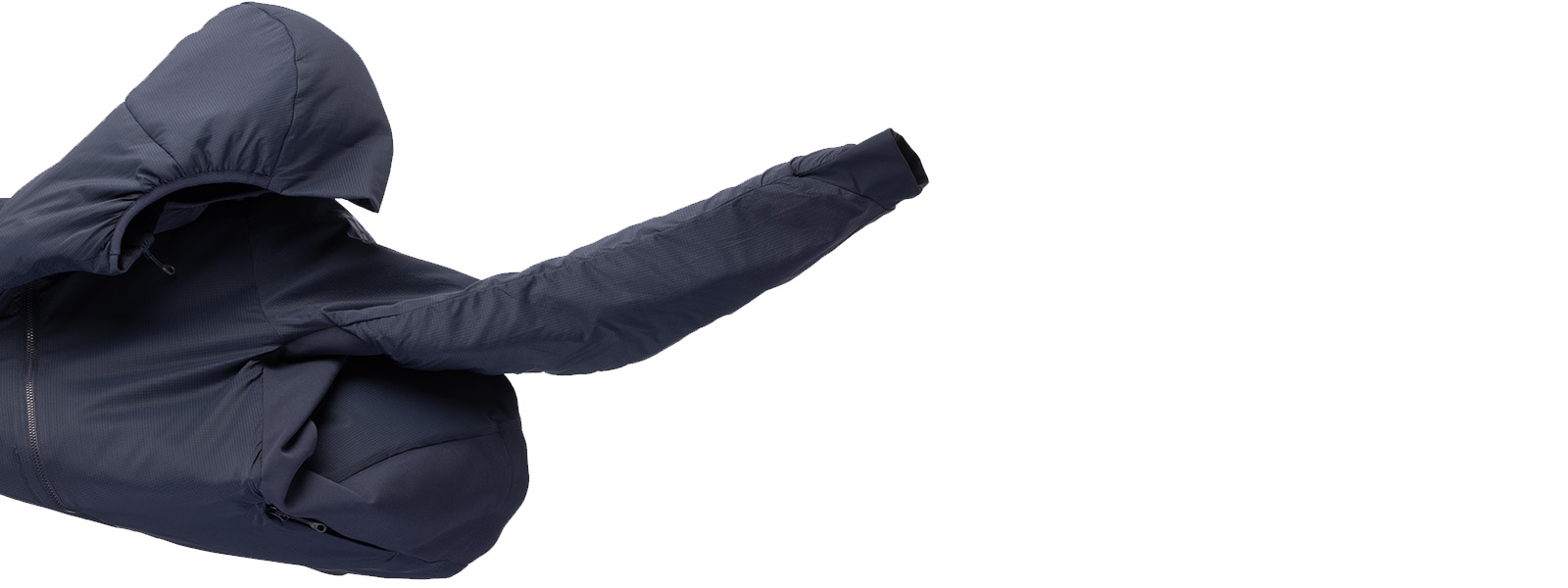
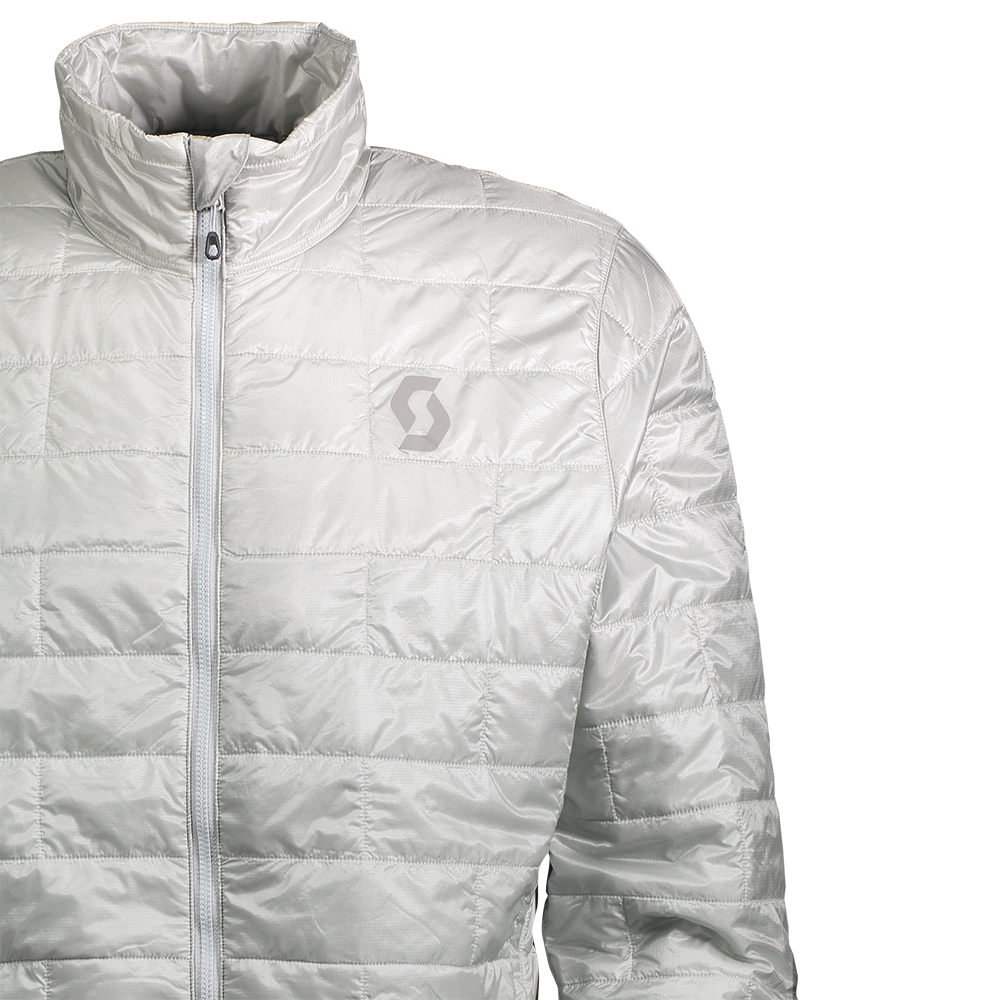
The insulator’s job is to provide further protection against the cold. It keeps you warm both during and after intense activities in cold weather, trapping heat in air pockets to provide excellent thermal insulation.
MAIN FEATURES
- Lightweight
- Small packing size
- Multifunctional
TECHNOLOGIES


SHELL
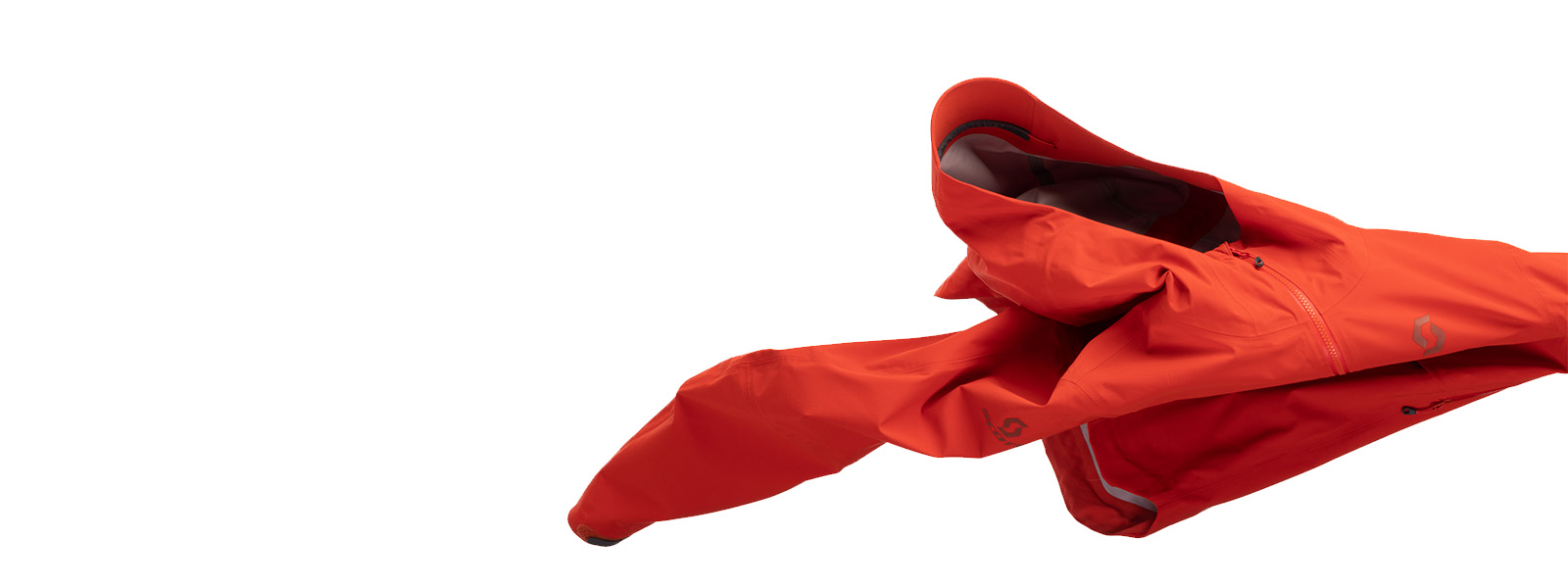
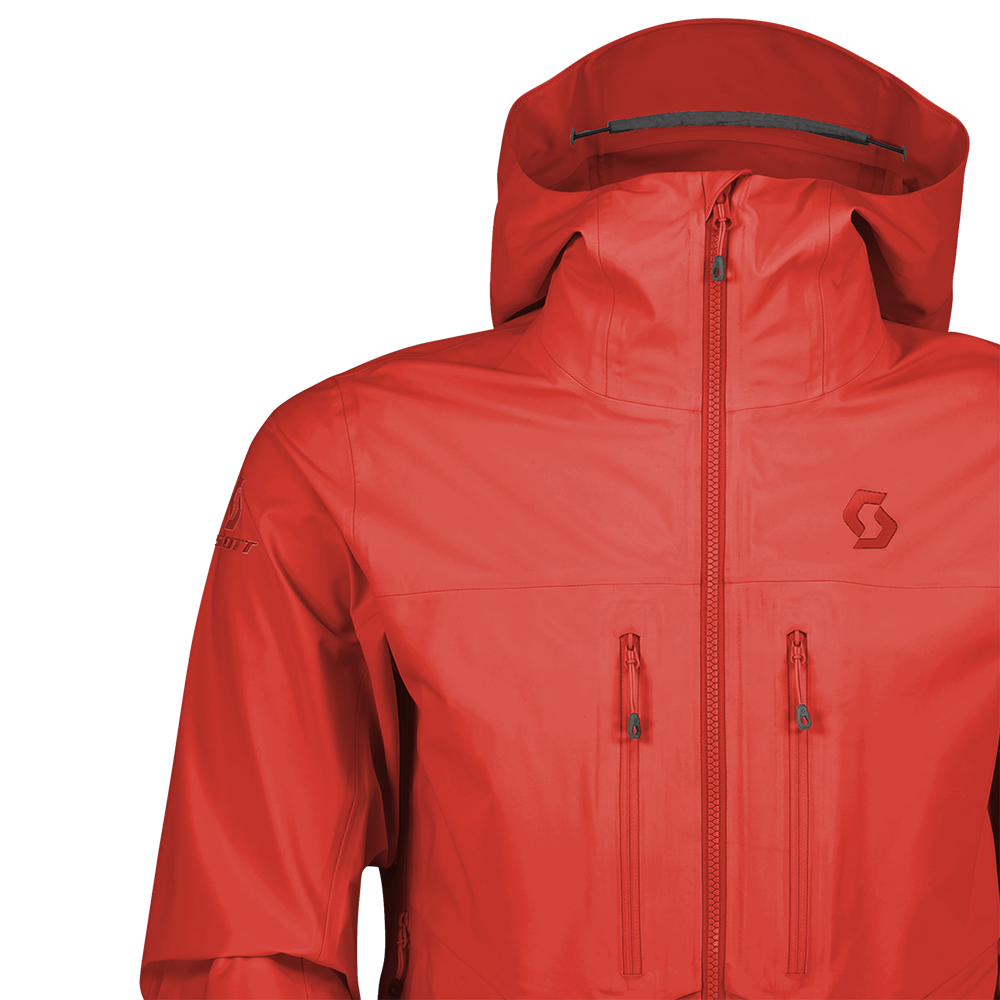
Shell jackets are the most protective layer against the elements – a shield against water and wind. The shell is always worn as the external layer. In addition to keeping the rain and snow out, the membrane in the shell allows for water vapor to escape from the body, keeping you dry from both internal and external moisture and comfortable in any conditions.
MAIN FEATURES
- Waterproof
- Windproof
- Robust
TECHNOLOGIES
WATERPROOFNESS
The test traditionally used to evaluate waterproofing is the water column test. This test measures
the resistance of a fabric to water pressure. The higher the pressure, the more waterproof the
fabric.
The average pressure of rain is between 1,000 to 2,000 mm water column (100 – 200 mbar). Therefore,
a garment that withstands the pressure of 1,300 mm water column is considered waterproof. That said,
while a jacket made of a fabric with a waterproof rating of 2,000 mm water column will indeed
protect you from the rain, it may not protect you during a long downpour or thunderstorm.
Ultimately, the higher the water column rating, the more waterproof the material.
At SCOTT, we usually have a water column rating between 15,000 mm and 28,000 mm for our jackets,
which guarantees protection even on longer rainy days.
Water column
- 0mm
-
1,300mm
Waterproofness
-
10,000mm
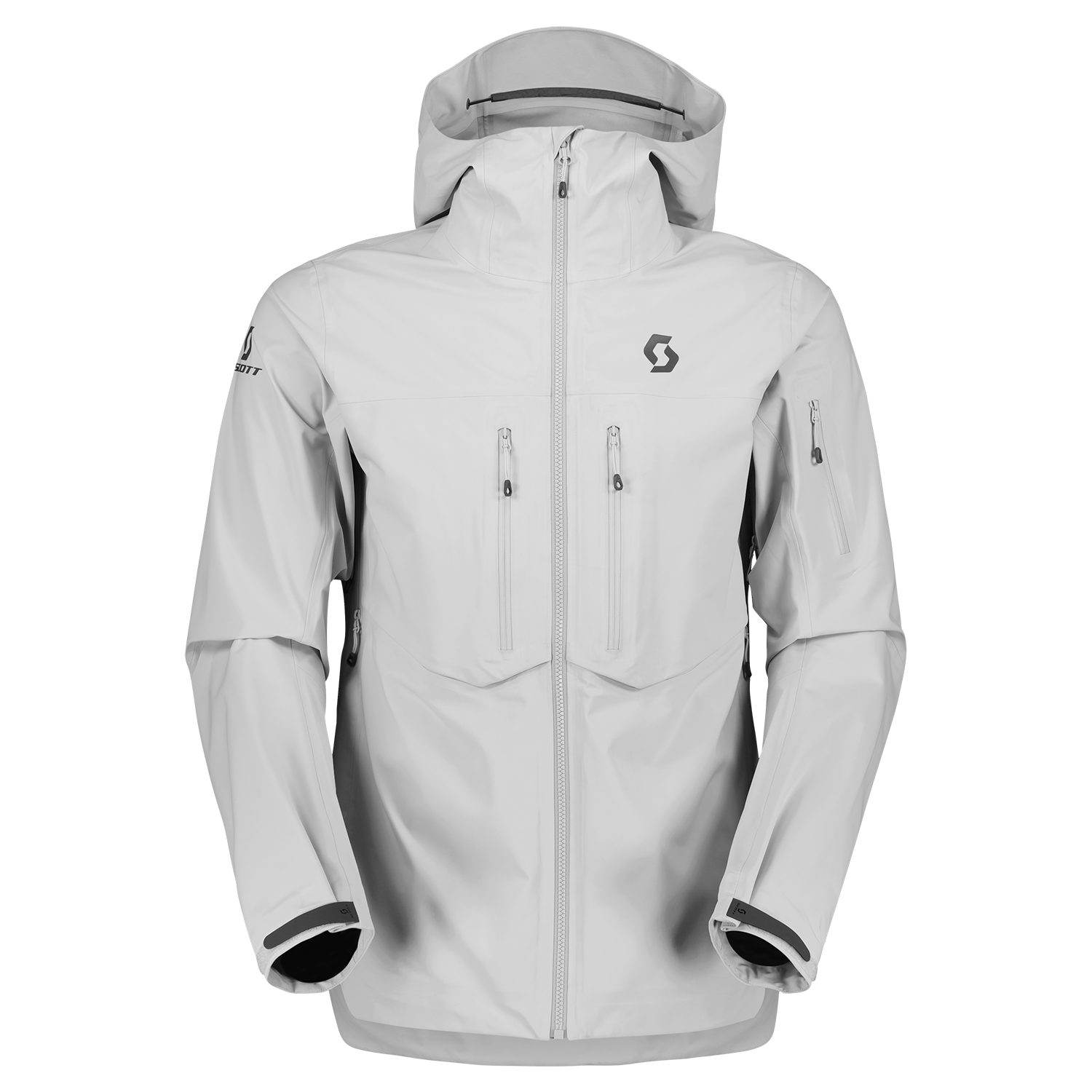
-
15,000mm
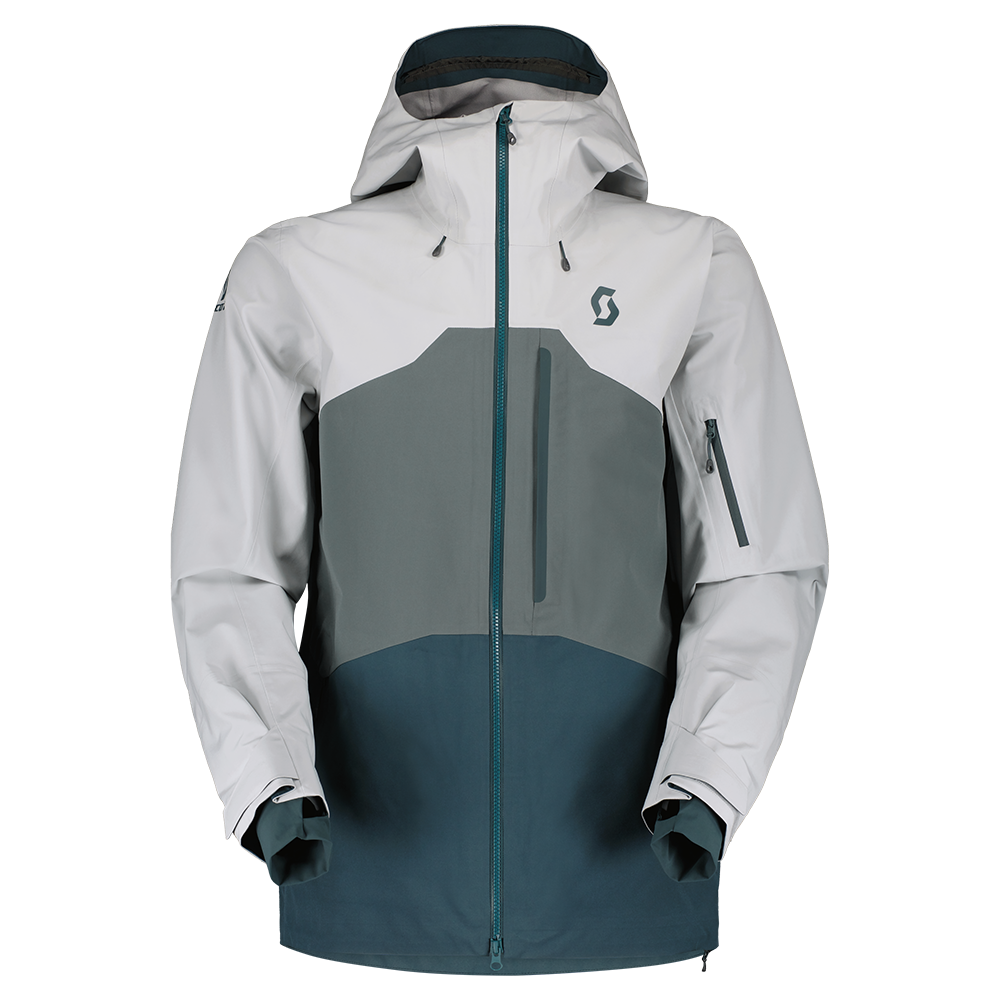
-
20,000mm

-
28,000mm
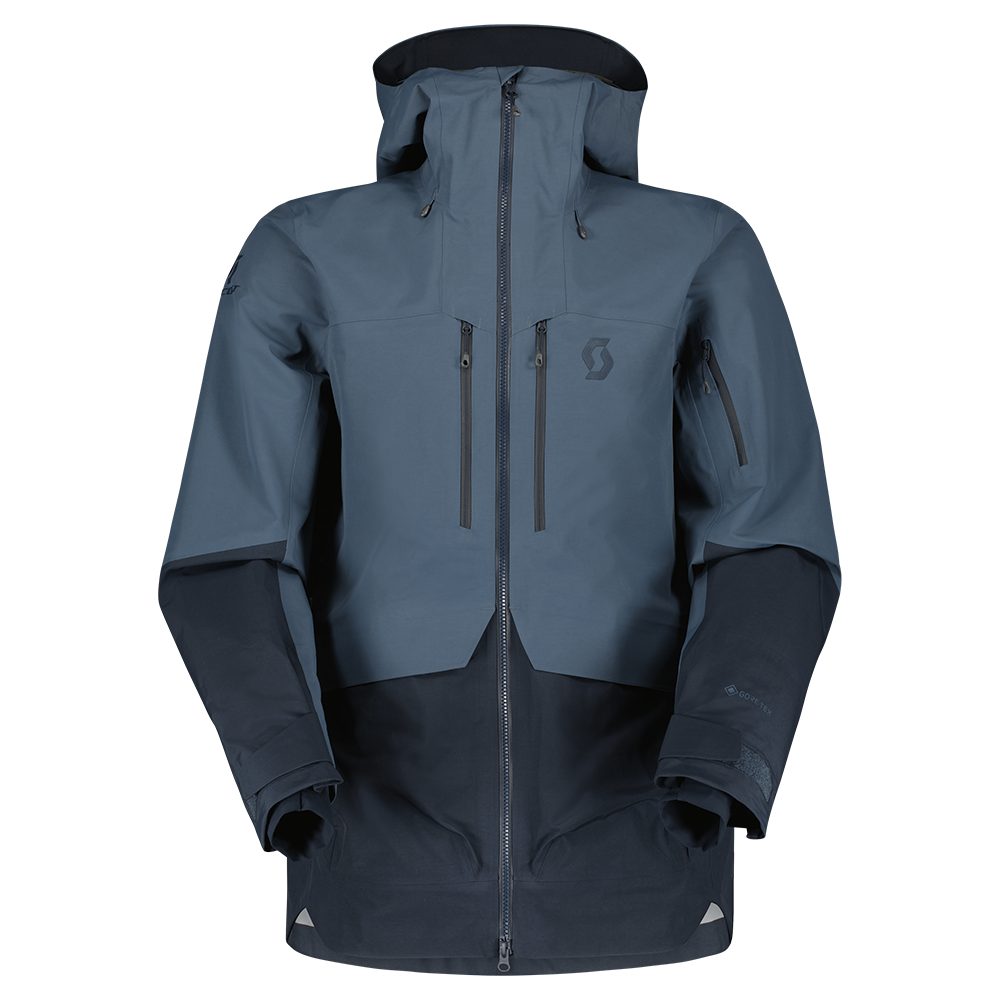

HOW TO CHOOSE THE RIGHT LAYERING
Evaluate your environment, expected activity level and typical conditions when making your
selection.
You don’t always need to wear four layers. In spring conditions, two or three layers are usually
enough; on colder winter days, you may need four layers.
If you are the kind of skier who pushes themselves physically, perhaps working up a sweat ski
touring or freeriding, then consider pairing a thinner jacket with layers so you can regulate
your temperature in different conditions and situations.
To make sure you’re suitably layered up for touring, freeriding or all-mountain skiing, download
our
Layering Guide here.
